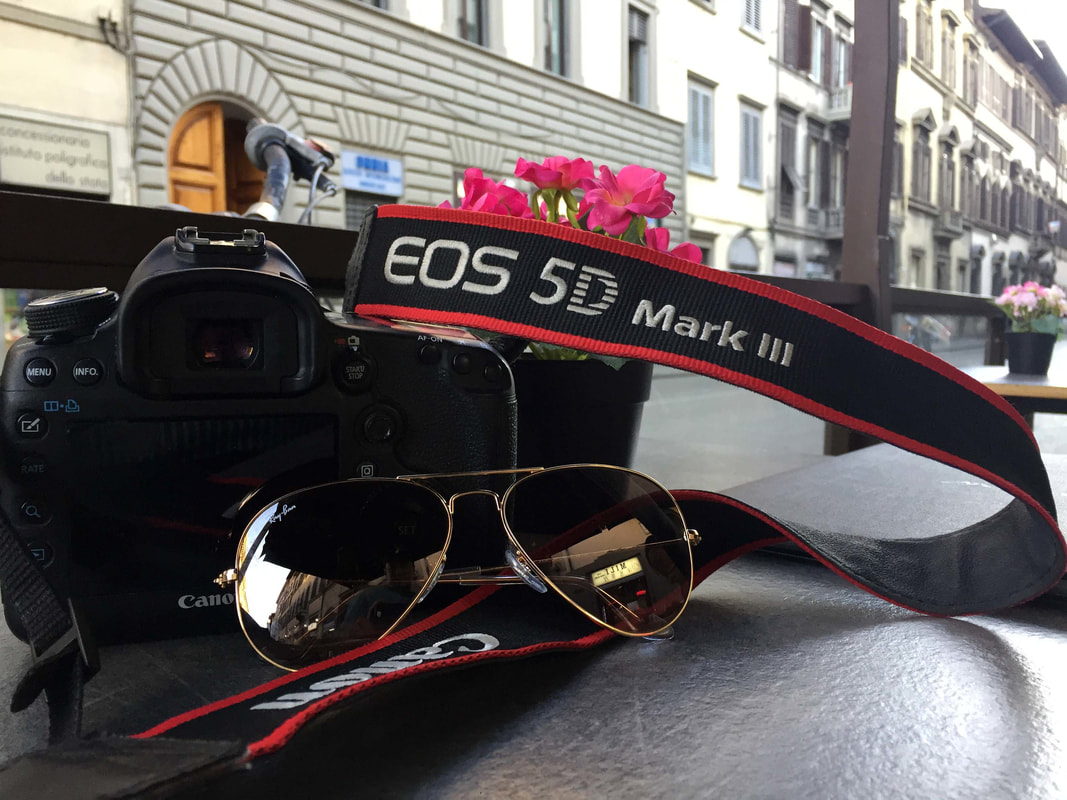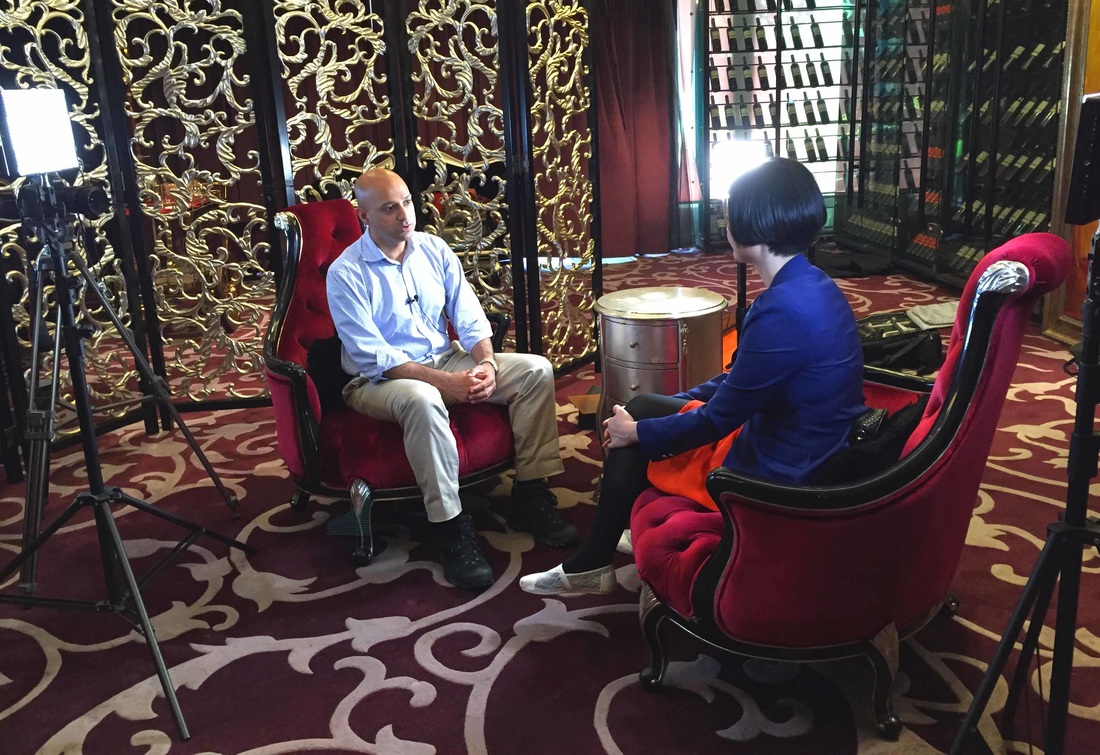|
Yangshuo is a stunning tiny town located in China's south-western Guangxi province. Lush green fields, villages, and sleepy hills that often look like the outline of animals or other wonderful creatures surround the town. Just like the other cities in China, the economic and social demographics of Yangshuo have changed a lot since I last went there in 2003. This tiny close knit community of around 320,000 inhabitants, comprises of various ethnic groups such as the Zhuang, Yao, Miao and Han, has blossomed since the Sui dynasty some 1,400 years ago. West Street is a 2km stretch located right in the heart of the town, and is hideously crammed with shops, pubs, cafes, and hotels. In 2003 there were a handful of hostels, and West Street was very quiet, and would only come alive at night with a few foreign owned bars and cafes that were filled with foreign hippies, hikers and rock climbers who would perhaps have a few drinks, play the guitar and plan their next day's rock climbing session.
Nowadays, however, West Street is more of a tourist hub for Chinese people rather than the foreign rock climbers' retreat it used to be. You won't see many hippies, or western rock climbers with dreadlocks nowadays, and you certainly won't see any hippies smoking while playing Bob Marley music with their guitars like you used to do in years gone by. Yes, there are rock climbers and hikers still around, but the vast majority of them don't reside at West Street. The famous Cloud 9 restaurant is still there at the corner of the street, as well as the popular 7th Heaven hostel and restaurant. The tourism business in Yangshuo has become so successful that its paved way for even local village families to allow western investors to renovate their village homes into bed & breakfast retreats. An example of this has been set by a lady known as Ms. Shelly. A popular figure among the local community, and somewhat a champion of the birth of the guest house in Yangshuo Ms. Shelly is the Managing Director of the ever popular boutique 16-all suite roomed Yangshuo Riverside Retreat located in a sleepy village just a 5 minute walk from the hustle and bustle of the town centre. West Street itself is a Mecca for souvenir collectors, and there are plenty of the weird and wonderful collections of everything. Here are a few examples: There is a shop that sells matchsticks, where the matchstick boxes depict all kinds of issues, and figures of anyone (including Hitler, Bin Laden, President Obama, Hugo Chavez, Chairman Mao, and many others); a shop that sells all kinds of Russian things (some unmentionable!); lots of stalls that can make you personalised T-shirts (including those with portraits of Bin Laden, Saddam Hussain etc. (don't know why its popular here); and even handmade pottery. For more check out these photos of the infamous West Street in Yangshuo! Fuli is an ancient Chinese village located around 8 kilometres (5 miles) to the east of Yangshuo town. There are regular local buses (around every 15 minutes), that can take you to from Yangshuo, and the cost of a one-way ticket is 3RMB. If you prefer a more adventurous way to travel to Fuli then But once someone arrives at Fuli, normally they wonder what’ so special about this very sleepy and boring village? Well, one of the key aspects of Fuli village is that it has a history of over 900 years, and in fact many people say that around 30 years ago, Yangshuo used to be like Fuli. The tiny village is very famous for the manufacturing of the Chinese paper fans. Here you can find ‘home backyard’ small factories making painted paper fans.
When you get off the bus and enter the town, it doesn’t look anything special at all. My first reaction was, ‘What? This is Fuli? All that fuss was about this place?’ But in actual fact if you carry on walking for around 5 minutes into the back narrow alleyways, then you’ll come across the old town that lies next to the River Li. This is the part of Fuli that has stood in time for all those years. There is hardly any indication of modern society here. The village still has all of its original old houses that you can peek into and see the simple lives of the local people. Its almost as if time had stopped at Fuli village decades ago. Most homes have no permanent electricity, no colour television, no fridge-freezer, and no internet. In some homes, they still use charcoal to cook food or a kerosene stove. In the living rooms you may also see black & white photos of someone’s late grandparents (in China, black & white photos are used only for Even if you had come to Fuli village, then it would have looked and felt like this. People live a very simple and humble life. The barber’s shop is just a hut, and the village market sells everything from live chickens to freshly butchered beef or pig meat (it may not be a nice sight, and it is almost a feeling of medieval life). On the banks of the River Li, you may come across buffalos and calves taking a well-deserved bath to cool off from the harsh sun. Fuli is the place for purchasing scroll paintings and Chinese fans as that’s what it is really famous for. The fans are made here by hand, and you can see them being built. Allow around 2-3 hours to explore the village in detail. You’ll have lots of fun taking photos. However, ask the locals before you take photos of their homes and shops (even though they look tempting). The tiny yet beautiful town of Yangshuo in China’s Guangxi Province and its surrounding areas have become just a little bit more modern in the years gone by in terms of the infrastructure provided. However one thing that has thankfully remained intact stuck in time is the stunning scenery along the Li River, which snakes all the way from Guilin. It’s so good that it will knock your socks off. There is the traditional Chinese sense of beauty, perfect feng shui that are portrayed by the everlasting reflections of the vast hills and the blue skies in the river or the streams that run along.
The best way to explore the surroundings is to hire a bike or an electric bike (AKA: E-Bike) for the day. There is a bike-renting place situated right outside the 7th Heaven hostel & Cafe, and outside the Cloud 9 restaurant on the side of West Street. If in doubt then just go ask anyone around the 7th Heaven hostel and restaurant. If you want then you can hire a local guide for the day, and they should be able to show you around the villages- just make sure you keep following their bike! If you feel adventurous then it is worth taking the rice by yourself, but just make sure that you know the way back to your home in the evening (the locals don’t much speak English so it may be a good idea to hire an English speaking guide to escort you). It is highly recommended that you try to absorb (or drown) in the sites as much as possible from the comfort of your e-bike. You won’t get a much better prospective about the life of the area than this. The journey takes you through the lush green farms, canals, muddy lanes, and generally life in undisturbed rural China. Farmers, children, and water buffaloes can be seen going about their everyday business along the many river bends. It’s a typical scene that is evident throughout many of the rural parts of Asian countries, but what’s more striking about here in China is that it is also a showcase of how life was like for these people many years ago (or how they lived life many years ago). Typical Chinese anglers come in the feathered coat of cormorants, birds sitting calmly on their master's bamboo boats. Make sure you visit the recently opened Yangshuo Secret Garden- a magnificent boutique hotel that has been renovated from five Qing Dynasty homes in Jiuxian village to include all kinds of environmentally friendly goodies but one that enables to be in touch with sheer tranquillity and nature whether it is day or night. Jiuxian village lays around 7 or 8 kilometers from downtown Yangshuo. It is located near the Yulong River, a tributary of the Li River. The highlight of Yangshuo for all avid hikers (and tourists), is Moon Hill. Its a splendid limestone structure with a natural moon-shaped hole encrusted just below the peak. The hill is around a 30-minute ride by cycle or motorbike from Yangshuo. Rigged stairs lead the way from the bottom of Moon Hill to her crusted peak. The journey to the top takes around 30 minutes, and is quite steep but it’s worth it because on a clear, you can get a 360-degree-view of the surrounding karst topography and Jinbao River. The good news is that for those who are tired and need a refreshing break, there is a lovely cafe, appropriately named Moon Hill Cafe, located at the base of the hill. The Moon Hill cafe boosts some local dishes such as the Moon Hill Pancake (an omelette blended in with onions and some tomatoes- all shaped into a smiling moon), and also snake wine (snakes drowned in wine!). The famous Lijiang River in Guangxi Province, or more commonly known as the River Li, stretches for a distance of 438KM from its commencement at the Mao’er Mountains in Xing’an County to Pingle, the southern most point in Guangxi Province. From Pingle the river merges with two other streams and then continues due south into Guangdong Province, first as the Gui River and then eventually forming a tributary into the great Pearl River (which eventually flows into the South China Sea near Guangzhou and Zhuzai). Just some of the world’s most spectacular scenery will pass before your eyes. Making full use of every second that goes by is highly recommended.
The importance of the Li River comes into effect when it enters the area around Guilin. Both sides of the river are gifted with wonderful lush green karst limestone hills that naturally form various kinds of weird and wonderful shapes. These scenic and magical views accompany the river for around 100KM, right from Guilin and continuing south towards the picturesque towns of Xingping and Yangshuo. The naturally gifted imagery of the Li River is featured on the fifth series of the Chinese 20RMB note (the photo on the note is actually the same view that is observed from the village of Xingping). If you just want to get away from it all, then it is highly recommended that you take a 2-hour trip along the stretch from Yangdi to Xingping. Taking the bamboo boat from Yangdi to Xingping is a much more fun, enjoyable, and interactive way to explore the Li River. It’s also more peaceful, cheaper, and quieter as well compared to taking a large boat full of lots of people (with limited chance to take photos because the ships go much faster and are crowded with people blocking the views). How to get to the Yangdi Pier from Guilin (or Xingping pier): If you are going from Guilin to Yangdi then you can easily get to Yangdi pier by taking a bus from Guilin bus station (should cost about 15RMB), and then from Yangdi pier take a bamboo boat (should cost no more than around 120RMB per person for the two hour boat trip along the river. The same cost and time is taken from the other way (i.e. from Xingping to Yangdi). The views are indeed magical. The boat trip allows you not just to enjoy the views but to also just switch away from the hectic life in the cities. It’s not the place where you want to have your mobile phone or blackberry on. At the time of writing, the first bamboo boat leaves the Yangdi pier at around 12pm (and the same time the first boat leaves Xingping), and the last boat leaving both piers is around 4pm (its starts getting dark at around 7pm) Xingping is a small and beautiful village located around 25KM north of the town of Yangshuo in China's Guangxi Province. The village is surrounded by stunning natural limestone karst hills in all shapes and sizes. Though Xingping can be classed as a photographer's paradise, at the same time, it is not exactly a touristy village, but then again that's the amazing beauty off this place. You get to see what life is really like in rural China, and here you may even get glimpses of what life may have been like even in some of the big Chinese cities. Xingping's well preserved buildings are all full of beautiful Chinese period architecture and art.
As you take a walk along the narrow yet remarkably sleepy streets of Xingping, you can get glimpses of what people's homes look like, and how people live their lives here. The vast majority of the residents live a very humble and simple life, and don't have the luxuries that most people in the urban areas do. People still use wood or coal as a source of fire to cook food (or for heating water for a bath), and other things such as electric cookers, air-conditioning, hot water, fridge-freezer or even a proper toilet are non-existent. Xingping is probably also a glimpse of what Yangshuo was like before the 1980s- it really is a time machine. The main source of income for the people of Xingping comes from fishing (and proof of this can be seen with the fishing nets hanging on people's front doors), farming (rice and other vegetables that are sold in all the places around Xingping, including Yangshuo and Guilin), and tourism (most of the residents of Xingping work in Yangshuo, Guilin or even along the River Li). As mentioned, that tourism does not form the core part of Xingping's development, but there are a few cafes and bars that serve western coffee, food, and beer. Since Xingping has a very close-knit community, so you'll hardly find any external developers living and working here. The small cafes and bars are normally run by the grandchildren of the residents of Xingping, especially after they have come back completing their education or after gaining work experience in the urban cities. Expect the prices at the cafes and bars to be rather expensive (coffee may cost you the same price as a Starbucks coffee etc.). There are two ways to get to Xingping: 1. From Guilin by Bamboo boat First take the bus from Guilin bus station to Yangdi pier (should not cost more than 15RMB, and takes an hour). This would be a local bus, so don't shocked to see people getting on with live chickens' in their hands (or people carrying water filled bags that have live fish inside)- you can't get any more fresh food than this! Mind you, the views along the way are just priceless. Lush greenery surrounded by magical karst hills. The bus stops right outside Yangdi pier, and all you need to do is get on one of the bamboo boats, and off you go. The journey from Yangdi to Xingping takes around 2 hours, and is well-worth it. The cost for a one-way ticket from Yangdi pier to Xingping should be no more than around 110RMB per person. However, if you are travelling in a group, it can be considerably cheaper. Once you get off the pier at Xingping, you can either walk for about 5 minutes to the village centre, or take one of the tuk-tuk tricycles that are lurking around. The cost per person should not be more then 5RMB (they'll ask for something ridiculous like 25RMb when they see a foreigner with a camera). 2. From Yangshuo by Bus or Cycle Xingping is only a 20-minute bus ride to Yangshuo, and costs 7RMB per single trip. Buses run on a frequent basis. Again, don't be alarmed to see people carrying live poultry and other things (such as live Game birds, fish, etc.) as this is the local way of life (i.e. everything is eaten fresh as not many people have fridge-freezers). If you want to get away from it all and explore the local countryside with its lush green rice paddy fields, and live an undisturbed life (switch off your mobile phone too!), then the best way to travel to Xingping from Yangshuo is by riding a bike or an electric motorbike. Just take your camera with you, while snaking your way across between dreamy karst hills, and local villages. And if you get lost, then don't worry. The locals are very friendly, and if you wish then you may even to stay with them (most local villagers have realised the potential of all the foreign tourists, so they have turned their homes into a small bed & breakfast business). If you cannot speak Chinese, then its probably best to hire a local guide from Yangshuo. The rental costs for bikes vary, and its best to bargain a good price (normally from experience around 150-200RMB a day is acceptable). Cloud 9 is a traditional Chinese restaurant situated at the corner of the famous West Street in the tiny beautiful town of Yangshuo. Located in the south-eastern Chinese province of Guangxi, Yangshuo continues to be a beehive destination for many foreign and local tourists, rock climbers, adventure seekers, and hikers. The normal routine for people coming to this part of China is that during the day they can indulge in a myriad of activities offered by the beauty of this place, and then spend the evenings in West Street eating ridiculously good food, drinking plenty of good wine (or beer), and enjoying chatting to their friends. Yangshuo, and the surrounding area, is highly admired for activities such as water rafting, bamboo rafting (fun!), rock climbing, hiking on many of the surrounding dreamy hills, cave exploration (or even mud bathing in a cool cave if you prefer), cycling in the countryside, and fishing.
After a long tiring day there is no better way than to sit down, relax and while away your evening in good company while providing your body with good healthy food. Cloud 9 is one of those places where you can do just that. The restaurant offers authentic Sichuan and local Chinese specialities including ‘spicy beef with fresh mint and red hot chillies’, stuffed eggplant- you jia che zhe, and pork chops with garlic topping. One of the most popular dishes at Cloud 9 is the Yangshuo beerfish, a dish you have to try in Yangshuo as you are not able to find it in other places. The fish is preferred to be from the River Li, and is cooked while soaked in a wok full of local beer (normally Yangjing beer). The restaurant’s signature soups that are prepared fresh everyday are also popular. Try the duck and gingko biloba nut soup, which takes 3 hours to make. It’s so good that you just can’t get enough of it. One has to bear in mind that it’s the extra freshness and the high quality of the ingredients that make the Cloud 9 a more special dining experience. All the produce is homegrown in private farms in and around Yangshuo, with the vast majority of the meat and produce being organic or free-range. The restaurant is nothing new when it comes to reviews, as its already been mentioned numerous times in Lonely Planet and various others as being the place to dine at when in Yangshuo. The true remarkable thing about Cloud 9 is not just the food, but also the people behind the restaurant’s being and the people who have made Cloud 9 that it is today. The history of Cloud 9 goes all the way back to the late 1980s (around 1988), when inspirational founders husband and wife, William Lu and Linda Liang, originally set up one of Yangshuo’s first bar at the corner of Chenzhong road and West Street (it was known as Countryside Cafe). As William explains that in those days, Yangshuo had a very different clientele attraction: ‘There were more Westerners than the local Chinese traveller in those days’ says William. ‘Most of the guests were professional rock climbers and serious hikers who would look more like hippies because of their dreadlocks, and their lifestyle of smoking and playing the guitar in the evenings in slow rhythm to, say Bob Marley’s music. In those days, Yangshuo really felt like a hilly retreat, similar to that you may experience in, say, Nepal, Northern India (Manali and Leh), or the Himalayas’. William and Linda have become somewhat of a celeb couple in Yangshuo because of their inspirational business ventures that continue to provide the best customer service in the town. However, as the economic and social demographics of China have dramatically changed over the past few years, so has Yangshuo. The former sleepy town has started attracting more Chinese visitors rather than westerners, and the main West Street becomes alive and loud with many shoppers. There are a lot of bars and clubs nowadays as well. The Chinese tourists are more into the less adventurous activities like shopping, sightseeing, photography, riding the boat along the River Li and so on. Because of this change, William and Linda transformed their bar into the restaurant, Cloud 9, which it is nowadays. Apart from the Cloud 9 restaurant and cooking school, they also own and operate 7th Heaven restaurant, and the Snow Lion Resort, which is located amongst beautiful scenery around 2 km south of Yangshuo. The resort offers rooms with western-style amenities, private balconies, and wireless internet. The 7th Heaven provides arguably the best muesli with Greek yogurt in town. That hot Cadbury’s chocolate with brandy is just inspiring. Throughout the years both William and Linda have built a strong rapport throughout the community, and many of the foreign guests are regular returners who treat William and Linda like brother and sister. This is perhaps the key to the success of their entrepreneurial venture because it’s the personalised service that they offer to their dinars. The restaurant is not only seen as the place to dine for just Westerners, but it is the preferred favourite for the locals alike. In addition, everyone is aware that if the local people prefer to eat somewhere then it must be of a good quality. The tables on the balcony overlooking West Street are the most popular because then you get to be part of the action of West Street’s hustle & bustle. A good dish to share with a group of people is the local hotpot, Sichuan style. It's a pot with two kinds of soup, one spicy, the other is not. You will boil your vegetables, meat, and other ingredients yourself. Though for those who do not have a spicy tongue, then go for something less spicy such as chopped celery with lilybulbs and nuts. However, the brand of Cloud 9 is much more than just a simple Chinese restaurant. It’s also one of the best Chinese cookery school's in Yangshuo- again an entrepreneurial venture of Linda, who is a very popular and well-liked master-chef herself. Cloud 9 was officially the first Chinese cookery school in Yangshuo, and all die to the fruits of labour of both Linda and William. One may say, well there are a few cooking schools in Yangshuo- but the fact of the matter is that the Cloud 9 cooking school is the best- this is official. The Cloud 9 cooking school has two fine locations in Yangshuo. The first one is combined with the Cloud 9 restaurant, and the second cooking school is located at the Yangshuo Snow Lion Riverside Retreat on the sleepy shores of the beautiful River Li. There are two cooking classes offered daily (one in the morning, and one in the evening), and prices depend on what kind of dish you (or your group) want to prepare. Linda’s staff are all trained to international standards. Because of the high quality of the materials, cooking utensils, ingredients and the sheer integrity and professionalism of the trainers, the cooking school attracts many people from the USA, mainland Europe and other parts of South-East Asia. The costs for the courses are reasonable. The fun part of the whole cooking experience is that the students get to eat their own created dish after the cooking experience. Its fun, interactive and allows the participants to enjoy an experience of a lifetime in a good ambiance. Even if you are not a fan of cooking, then it is definitely worth a try because you will enjoy that extra positive energy of trying something new in new surroundings, and will be able to make new friends too. On the whole, Cloud 9 makes eating out in Yangshuo a real adventure, and an experience to cherish for a lifetime. For most visitors, after a trip to Yangshuo, it’s exceedingly hard to adjust back to their hectic life where they are surrounded by the daily hustle & bustle of a busy populated city such as London, New York or Beijing. The family run Yangshuo Riverside Retreat is a gorgeous boutique hotel hidden away close to the shores of the immensely beautiful River Li in the town of Yangshuo. Yangshuo is a stunning tiny town located in China’s southwestern Guangxi province. The town itself is surrounded by lush green fields, villages, and sleepy hills that often look like the outline of animals, or other wonderful creatures. Yangshuo is a heaven for hikers, and rock climbers from all around the world. As China’s economy continues to grow, and as Chinese people become richer, Yangshuo, and the surrounding villages are increasingly being seen as the luxury places to escape to for holidays for those who work in the big cities. The tourism business in Yangshuo has become so successful that its paved way for even local village families to allow western investors to renovate their village homes into bed & breakfast retreats.
All of the 16 rooms at the Yangshuo Riverside Retreat are generously spacious, and well proportioned to allow guests to enjoy their luxurious time while being treated to some of the most amazing views around. The rooms come complete with a private balcony from where you can enjoy stunning views, a double bed, air conditioning, clean bottled water, hot water shower, western style toilets, television, mosquito, and a catering service. On the note of the nets: though they may a nuisance sometimes, but overall mosquitoes are not a major problem in Yangshuo, and the area is not a malaria risk area. The natural height of the land allows each guest to enjoy panoramic views across the town and beyond. The retreat is located only a 5-minute walk to the River Li from where you can catch a bamboo boat to cross the river to the centre of Yangshuo, or you can choose to walk to the bus stop located around a 5 minute walk. As you walk from the retreat to the river or the bus stop it’s most likely that you’ll come across traditional Chinese village homes (or huts in some cases), and even a variety of animals. You cannot get any closer to nature than being at the Yangshuo Riverside Retreat. The retreat is surrounded by lush greenery, huge hills, and of course nature. Chickens, cows, pigs, roosters, and even peacocks can be seen openly wandering around and enjoying the views just as much as you would do. Nevertheless, don’t be afraid as they won’t come anywhere near the retreat as the animals are taken care of by the local villagers. Even though the Yangshuo Riverside Retreat is located only around 10 minutes from the town centre, it is nevertheless a million away from the hustle & bustle of the crowds. The facilities are second to none, and having seen the surrounding area you would be amazed that the retreat has that ‘Wow!’ factor. There is a lovely outdoor swimming pool from where you can get close to nature and watch the sunset or sunrise as you swim, or relax on the poolside and take a sip of your favourite cocktail. In the summer, the retreat is able to host barbeque parties with its poolside barbeque veranda complete with a beach style bar. The family friendly hotel’s exterior is itself a heaven for the senses just as the interior is. Guests can have their breakfast, lunch or dinner while sitting on the outdoor patio that provides breathtaking views across to the dreamy hills and the sleepy surroundings. If you want to just get away from it all and escape to the real countryside while having the luxury of a comfortable five star accommodation than the Yangshuo Riverside Retreat is for you. The retreat promises en enchanting and memorable stay for discerning travellers. In the reception area there are a lovingly selection of pieces of Chinese classic art. Fashionable coloured cushions, tasteful paintings, and photos of Yangshuo in years gone by are displayed on the walls throughout the hotel. Guests should bear in mind that the Riverside Retreat is a luxury boutique hotel, and because it is run so well and managed by a family, therefore the service is even more personal. It’s meant to be your home away from home...and a home that lets you get close to nature. In a remote, yet beautiful place, it is not easy to find a 5 star quality hotel (in days gone by there was no need for that as people just stayed in a simple bed & breakfast). The Yangshuo Riverside Retreat balances that gap between an internationally renowned 5 star quality hotel and an excellent service offered in Yangshuo. The romantic sunsets and sunrises are to die for because the views are just magical- like something out of a paradise novel. However, as the saying goes in Yangshuo and the rest of the surrounding area, the views are more beautiful and amorous when it rains, because the mist and the low-rise cloud create a dreamy look among the sleepy hills. The whole setting looks just like a Chinese painting. That’s the magic of staying at the Yangshuo Riverside Retreat because it makes one feel as if they are in a unique magical place. It fits in well with the perfect rhythm of a stay in Yangshuo, which is to go hiking, cycling in the villages, or rock climbing during the day. Then have a good meal and drink at a restaurant at West Street, such as Cloud 9 or Seventh Heaven, while absorbing the atmosphere of China’s perfect hideaway town. Finally return to the Yangshuo Riverside Retreat and admire the spectacular view from your balcony before retiring for the night. In fact, it’s the perfect way to enjoy your honeymoon, or a wedding anniversary. It doesn’t get any better than this. Tucked away on the seventh floor of the Sheraton Guilin, the Riviera offers a blend of Italian and genuine Mediterranean cuisine. The fact that the restaurant is located on the inner side of the Club Lounge, and away from the scenery provides an even better reason for dinars to sit at the outdoor rooftop veranda and enjoy the fine views across the Li River and the signature Elephant Hill. In the afternoons and early evenings, when the weather is not so hot and humid and when the river’s tide is low, people usually prefer to swim in the shallow waters. It’s a very laid-back atmosphere with the only the sounds of either the waves or children in the distant playing with the water. You can catch a beautiful glimpse of boats and bamboo rafts going up and down the river as well. While this can provide a lovely, yet relaxing ambiance for a dinner or lunch, for those who prefer to keep themselves a bit more distracted can also indulge themselves with various reading material in the adjoining Club Lounge.
You don’t need to spend a fortune to enjoy the pleasures of dining with luxury food while indulging in the stunning views across to the river Li. Yes, luxury in China does come with a price tag, but not as much as you would expect. The Riviera’s chef de cuisine Mark Xiao deserves the biggest gong of all for keeping in tradition with the Sheraton’s culinary philosophy while presenting western food right in the heart of a second tier city such as Guilin. Armed with a good appetite, you can commence the culinary journey with delights such as the potato and gorgonzola salad. For all this food-mad small city’s hawker centres and coffee shops, it’s the fine dining that is grabbing all the attention these days. The Sheraton Guilin has been fortunate to attract some of the best chefs from around the world. The 60-seat Riviera dishes up hearty Mediterranean fare- think of angel hair vongole-e-pesto with calm cherry tomato and pesto- in convivial, stylish laid-back surroundings. Back in the open kitchen, there is a touch of theatrical magic attached to chef Xiao. It’s almost as if he is on stage and performing his gastrological skills to amaze the audience. Xiao is definitely an artist more than a chef I would say- everything you see, smell, touch and taste here has been carefully conceived and curated by Xiao personally. Jinkeng Dazhai Longji Rice Terraces (Longji Rice Terraces), near Guilin (Guangxi Province)6/15/2011
Located in one of the most beautiful parts of China, the Longji Rice Terraces near Guilin (Guangxi Province) are famous for their stunning rice fields that descend on the slopes of the Jinkeng Dazhi area. The best way to get to the rice terraces is by bus (or private transportation) from Guilin city. If you opt to go with a tour group, then just be cautious because: 1. You may get ripped off, 2. The tour group may not converse in English, so you’ll end up being frustrated, and, 3. The driver will not stop on the way for you to take a few photographs (you’ll pass some stunning scenes, but the driver will not stop).
On the other hand, if you can speak Chinese, or if you have someone who speaks Chinese to accompany you than its all the better. Luckily, I can speak Chinese so I managed to go by myself, and even ended up bargaining on a good price to get a private taxi for myself. From the Sheraton Hotel in Guilin, I took the short 10 minute taxi ride to Guilin bus station (cost was cheap as chips). Many small minibuses go all the way from Guilin bus station to the entrance of the Jinkeng Dazhi. The cost is RMB 40 for one-way ticket and it takes around 3 hours in total because it occasionally stops for fuel (but not for more than 5 minutes at a time). If you prefer then you can take a private taxi as well, and that should not cost more than 200RMB (approx. 35USD) at the maximum. The driver will probably start at 500RMB (approx 65USD), and then you have to haggle your way down to 200RMB. Bear in mind that 200RMB is reasonable price to pay for a private driver for this distance and route. With a private driver, it should only take you 2 hours, and the beautiful thing is that the driver will stop as and when you want to stop. So if you want to suddenly stop and take a few photos, then that should not be a problem. The other (longer) way to go to the LongJi Rice terraces is by first catching a Longsheng bound bus from Guilin bus station, but get off at Heping (和平鄉), after around 2 hours. Then change to the bus that heads from Longsheng heading to the rice terraces. All the drivers know the routes, and you won’t find anyone that will cheat or scam you (in a communist country like China it is rare for any local person to cheat or trick a foreign tourist- they dare not to do that). The worst thing that can happen is that your driver may keep asking you if you want to go and see other rice terraces around the area-, which of course they will charge more for (but reasonable prices- nothing extraordinary). The Jinkeng Terraced Rice Fields and the Jinkeng Yao villages consist of 18 small Yao villages. Longji terraced fields scenic area has an area of around 70.1 square kilometres. Being part of it, the ‘Jinkeng Red Yao Terraced Fields Village’ is located in the Dazhi village, which has a population of 1190 people, and 294 families. The residents all belong to the native Red Yao ethnic minority. It’s a small community and everyone knows all the gossips that happen in the hills. In 2007, the area was officially classed as one of the first batch of typical rural landscapes in China (meaning they are available for tourism). The terraces in Jinkeng are rigged with mountains, which look like a natural hole when seen from a distance. It’s said that hundreds of years ago, a golden bull from heaven lived here and left lots of cow dung which was buried underground. The dung eventually turned into gold. Jinkeng is the geographic name for the region. It consists of Dazhi villages such as Tiantou, Zhuangjie village, Xinzhai village, and Damaojie village. The peaks that are worthwhile to climb at include ‘thousand layers to the heaven’, ‘seven stars chase the moon’, ‘music from paradise’, and the ‘golden Buddha peak’. The best and most stunning part is the Jinkeng Dazhi (金坑大寨) to Ping'an trek. The hike takes about 4 hours, and is less touristy. When you get to Jinkeng Dazhi, you’ll be met by a group of traditional women who wear their long hair into a round plat (it looks a bit like a turban!). Expect to pay around 10RMB if you take a photo of them (that’s 10RMB for each lady for each photo- which comes to about 1$USD each). It’s a local tradition to wear long hair into a turban type structure. All the women belong to the Hongyao ethnic minority group. The women are only allowed to cut their long hair once in their lives, when they are 18 years old (it used to be 16 in years gone by), which signifies that they have become adults and are officially ready to get married. As per the local tradition, the hair that has been cut off should not be thrown away but is usually kept by the grandparents or the mother. The grandparents (or the mother) keeps the hair until the woman gets married, after which the treasured hair are given to her husband as a souvenir (ahhh...romantic, hey?). During the early mornings, the Hong Yao women normally go down to the river to wash their hair with their women friends. The water from the river is blended in with the smell and the ‘flavour’ of the rice, and this natural blend of rice water is meant to be very good for keeping their hair healthy, jet black, shiny and strong. Again, you may have to pay a few RMB to take photos, but it’s quite a scene to watch. The women sing traditional local folk songs while laughing, and washing their long hair on the riverside against the beautiful backdrop of the lush green hills and mountains. Located just below the 2nd scenic spot in Dazhi is the village of Tiantouzhai (田頭寨) where there are several small guesthouses and places to eat, some with English menus and English speaking staff. The terraces look like great chains or ribbons as they wind from the foot to the top of the hill. This resourceful construction of the buildings makes best use of the scare arable land and water (the water is exceedingly FRESH here, and the locals make full use of it). The ‘Fragrant Rice Field Inn’ is located on the way to the No. 2 viewing area. To get from the entrance of the area at Jinkeng Dazhi to the village of Tiantouzhai takes around 45 minutes. There are three viewing points at the Jinkeng Dazhi, ideally numbered 1, 2, and 3. Both viewing points 1 and 3 take around two hours to climb to from the entrance of the Jinkeng Dazhai, while viewing area 1 takes just over an hour and a half. The latter provides sensational views across to the whole area early in the morning at sunrise- magical. Some people believe that the best time to visit is during the spring just as the rice is about to be planted- which is when I had the chance to go. It may be low season but it provides some stunning photos of everyday life as the locals go about their daily routines. The terraces are filled with water to aid the planting and this creates a series of mirror like reflecting surfaces; a stunning spectacle often captured by photographers. Occasionally you may hear the sound of an instrument being played by the local farmers to pass their spare time as they relax on the rice fields. The sound is similar to that of a soft flute or a conch shell. Very beautiful and goes well with the romantic scenery of the hills. Longsheng translates from Mandarin Chinese as ‘Dragon's Backbone’ and is an apt title for a ridge that has been carved over generations so that rice terraces cascade down its side for thousands of feet. The villagers still maintain the traditional way of life of the Yao people. Their ethnic garments, buildings (Diaojiaolou), and festivals are the precious references to researching Yao people's history and culture. Do not be shocked to see a live chicken, lamb or, rabbit being slaughtered for dinner at your guesthouse (I experienced this first hand as the ‘chicken with rice’ I had ordered was produced fresh using the chicken I saw a few minutes earlier just strolling along the guesthouse floor!). The chicken eggs are laid fresh, the milk is also fresh sometimes (provided by the local cows or goat), and you may even come across some other creatures that are neatly kept in the cages for lunch or dinner (pheasant, pigeons, snakes etc.). The vegetables, fruit and other produce is also from the local farms, and most locals have their own farms. If you are going in the spring, summer and autumn then its worth taking plenty of water, a pair of good quality sunglasses (with UV protection), and a hat to cover your head from the intense heat and humidity. These two things can make the climbing and hiking very uncomfortable. In addition, it is worth out pointing that climbing is easier than coming down because the steps put huge pressure onto your tired knees when descending the slopes. So make sure that you take regular breaks. |
Get in Touch:LIFE MATTERSHere I share my thoughts
and experiences during my travels, and how some things have affected my life as an expat and world traveller. Travelling is about capturing that moment in life. Every word, view and opinion on this page is that of Navjot Singh - except where indicated. The most recent is at the top. Scroll down to read the archive. Or search using CTRL+F (COMMAND + F) and enter a keyword to search the page. Just some of the stories you never heard before. The NAVJOT-SINGH.COM web blog is separate to this web site....Click blog, which may not be visible in some countries due to local firewall restrictions, so in those cases this weblog may be read. The weblog also includes some of my press trip reports- most of which are not published on the official blog because of copyright issues. The weblog also contains articles that may be associated directly with a PR trip for a country, airline or a hotel. These are PR reviews done in relations with various companies. If you are an investor or a trend watcher then you may find this website useful as investing has a lot to do with personal observations and finding the ideal trend or next big thing. The average human on the street frequently knows far more about the state of the economy than politicians, university professors, subject matter experts, and financial analysts who seldom travel, or if they do so, only from one hotel to another hotel! The pulse and vibrancy of an economy is nowhere more visible than on a country's streets. All photos and words are © Navjot Singh unless stated. Photos taken by others or by agencies are appropriately copyrighted under the respective name. No photo or word/s may be taken without the prior written permission by the author (i.e. Navjot Singh). All Rights Reserved. Archives
April 2024
Categories
All
|
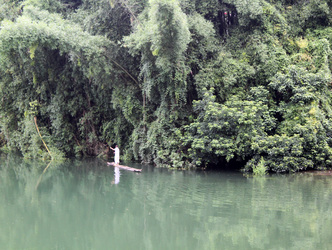
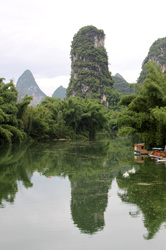
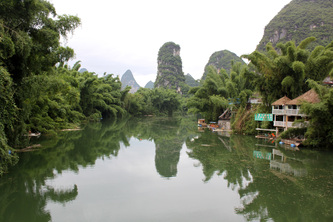
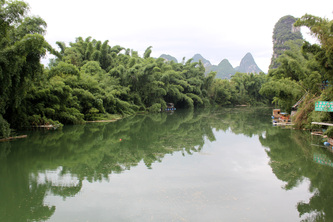
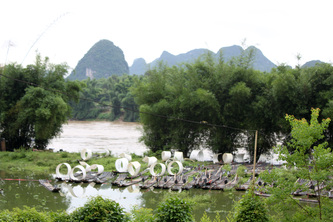

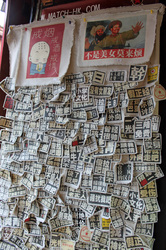
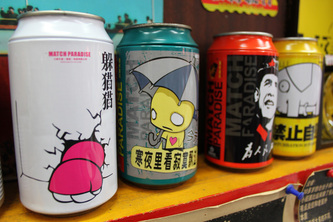

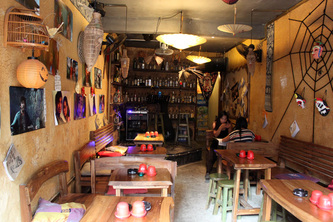
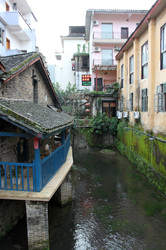
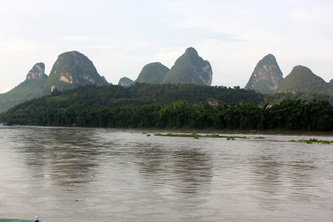
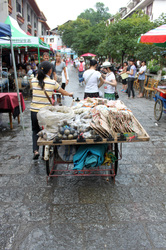

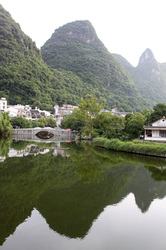
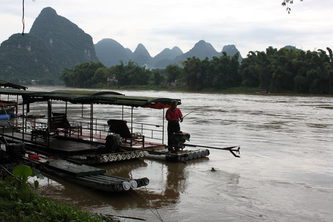
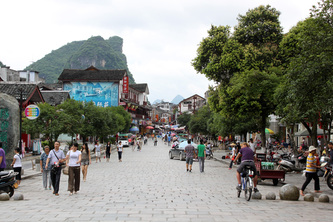
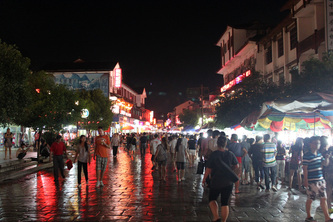
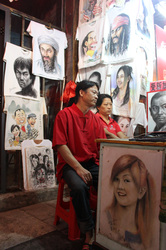
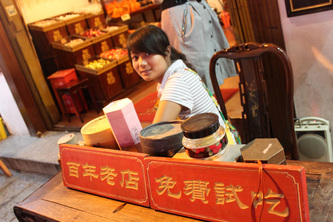
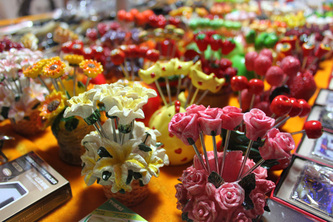
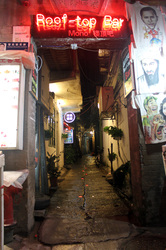
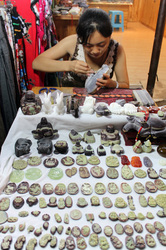
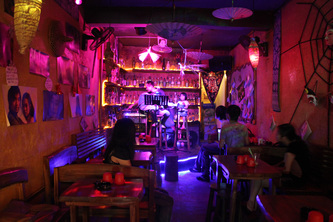
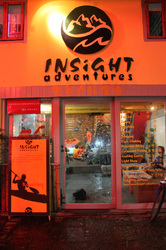
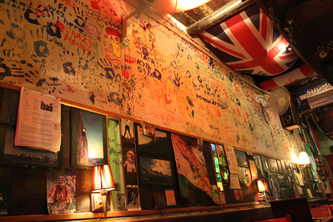
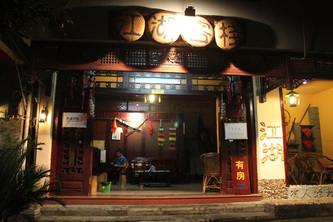
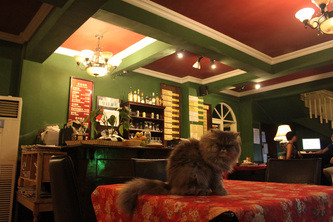
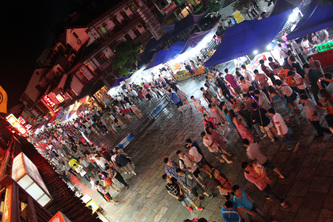
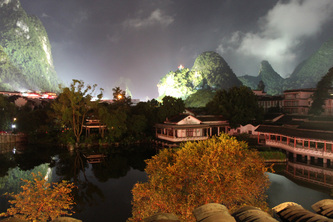

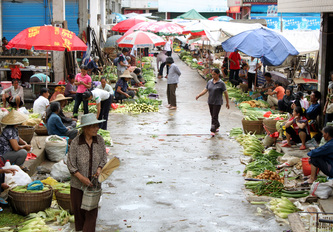
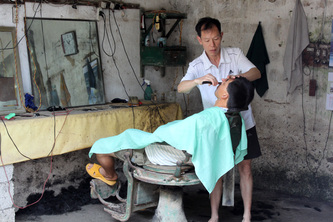
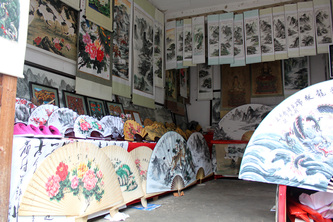
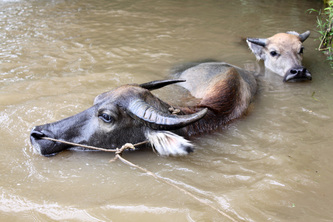
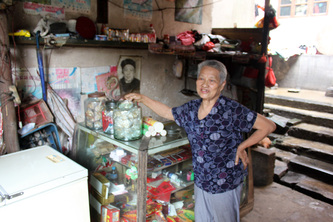
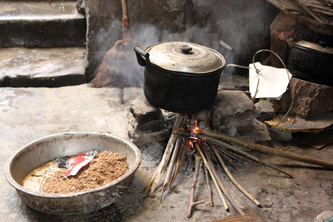
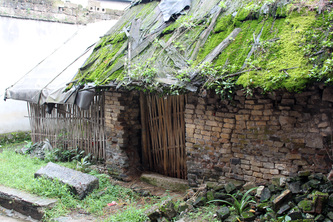
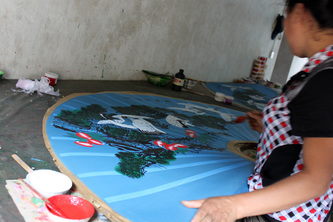
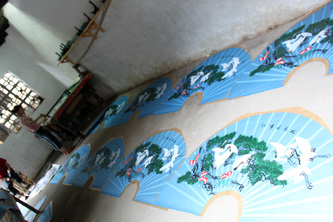
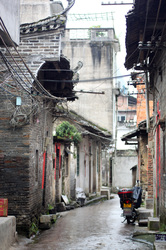
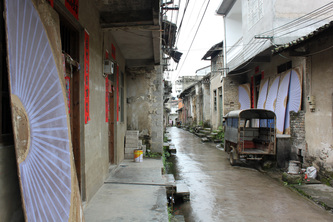
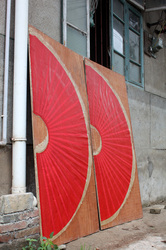
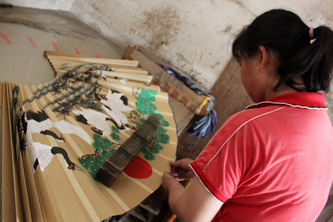
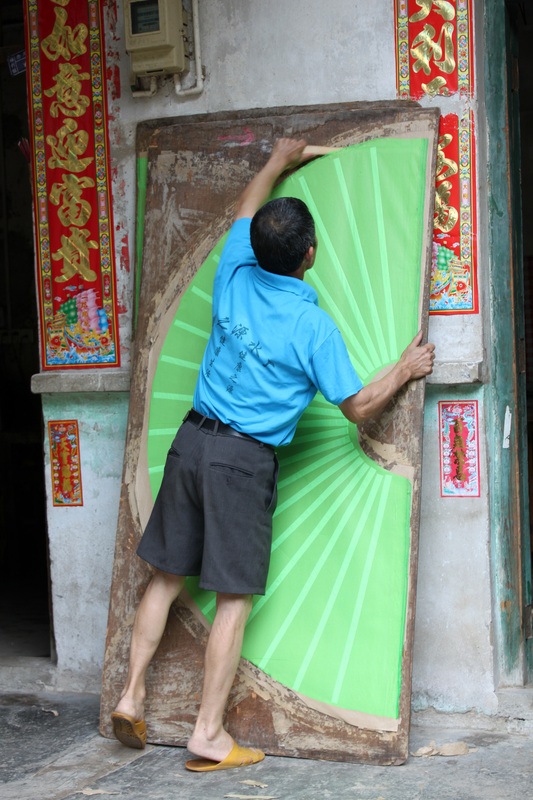
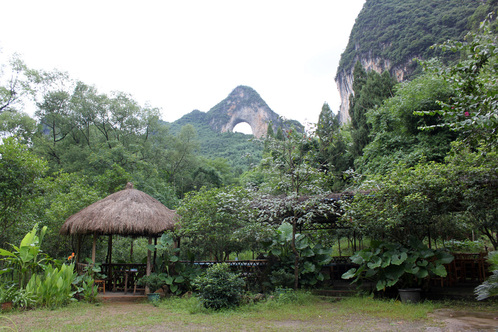
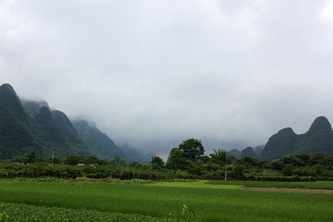
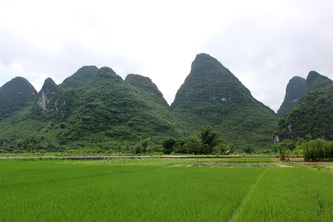
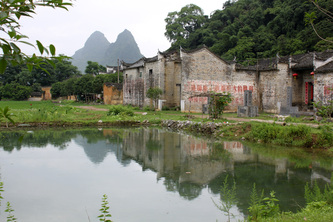
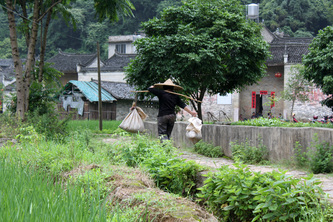
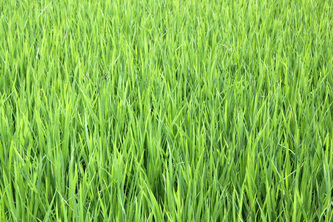
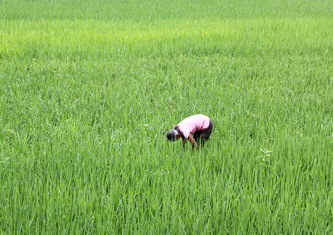
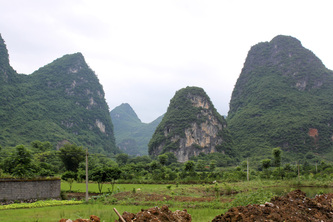
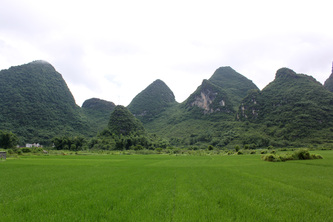
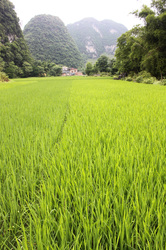
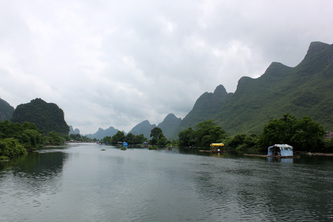
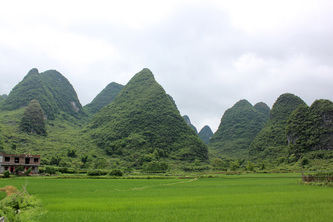
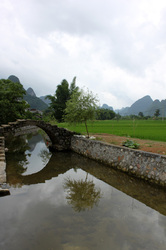
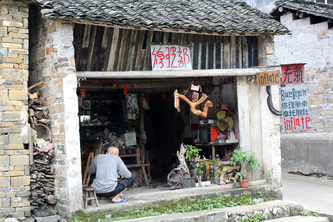
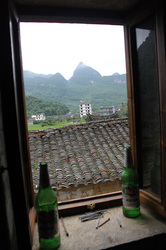
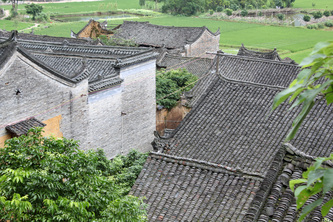
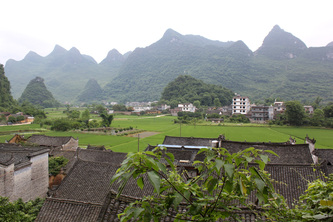
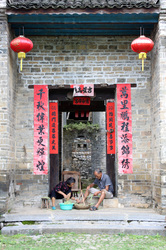
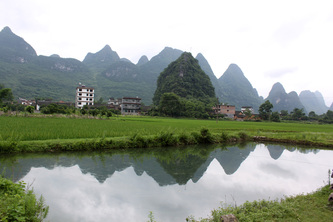
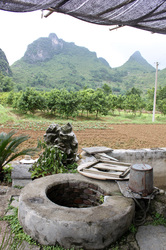
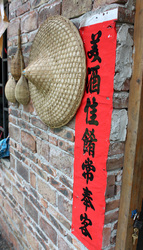
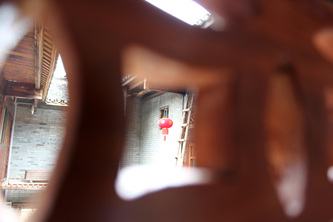
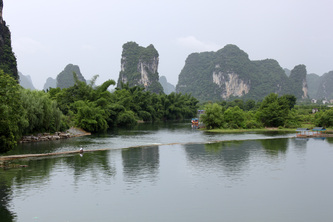
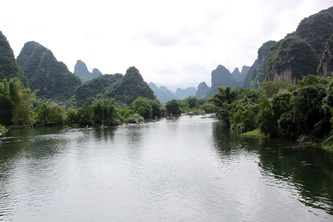
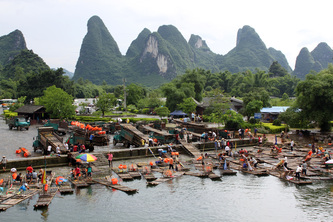
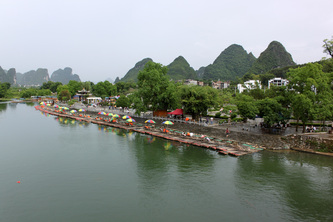
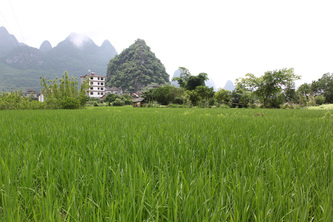
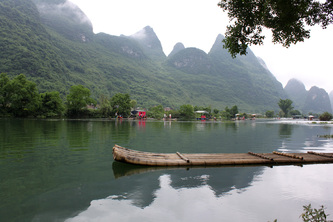
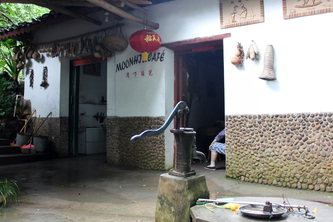
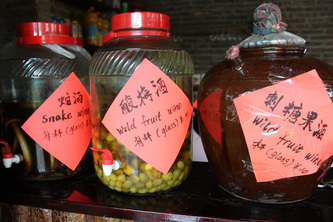
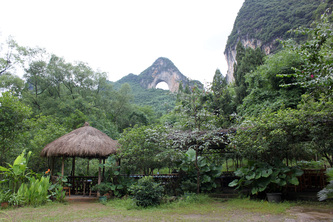
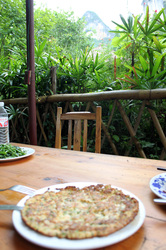
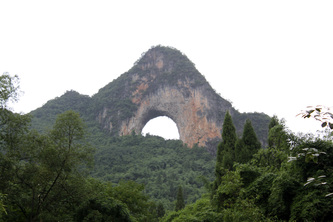
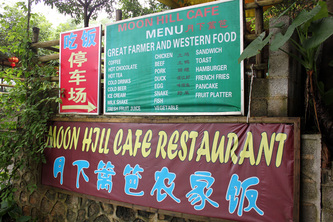
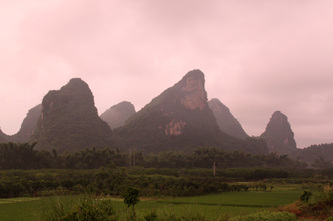
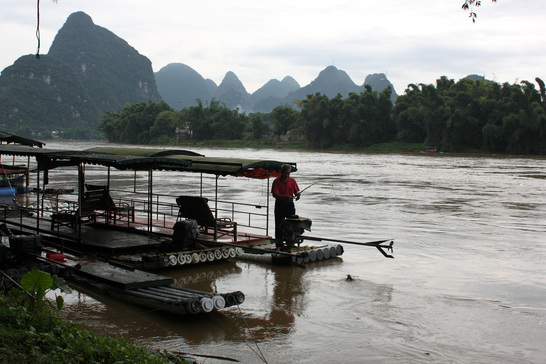
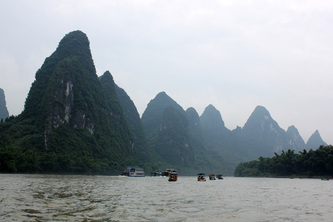
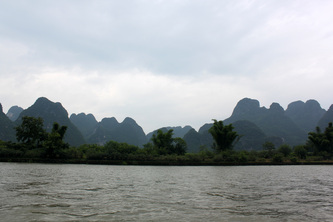
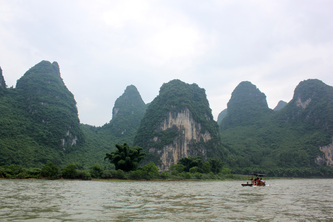
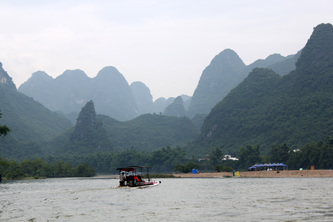
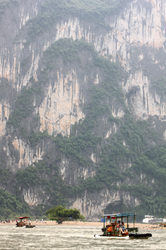
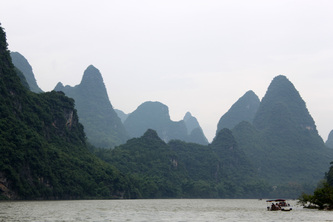
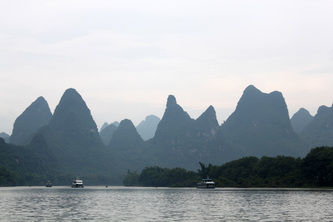
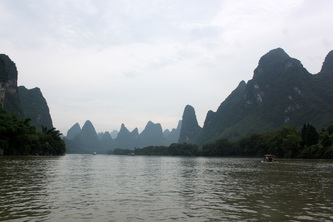
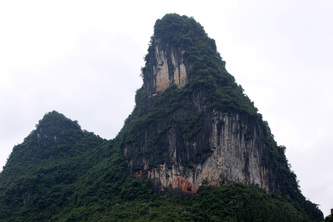
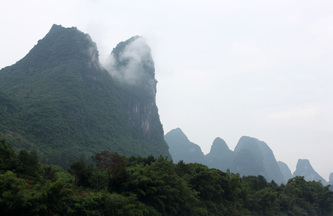
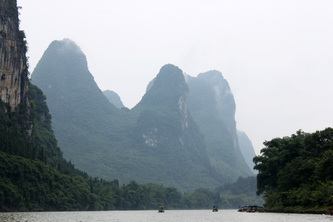
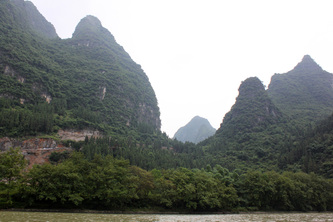
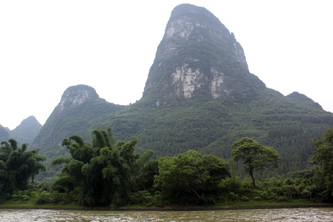
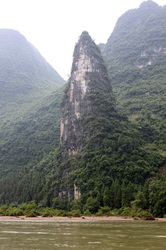
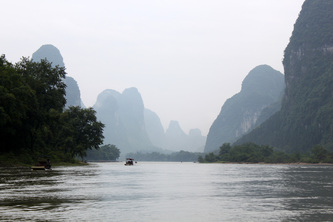
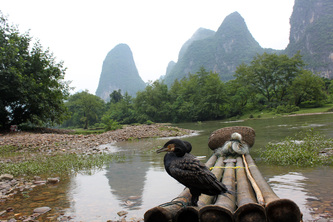
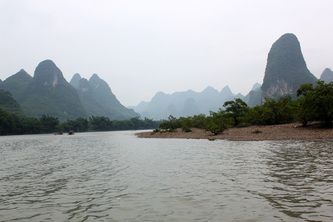
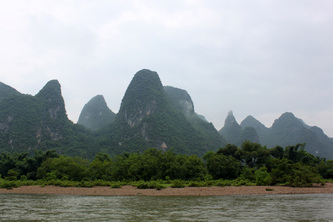
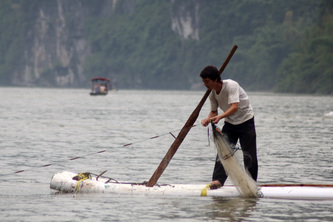
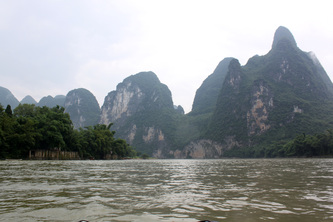
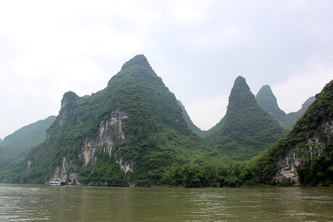
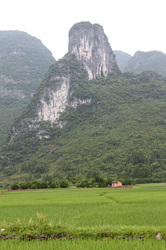
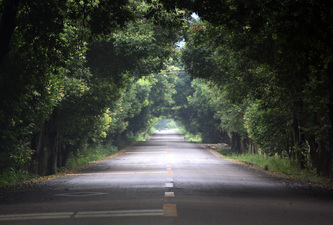
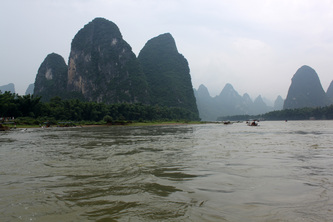
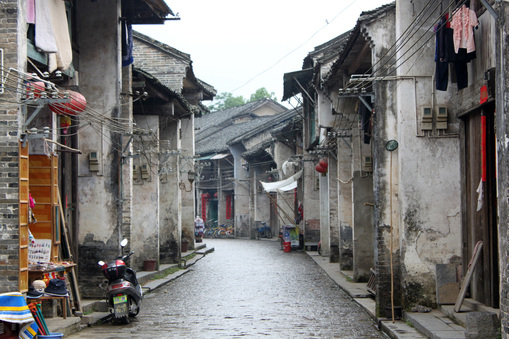
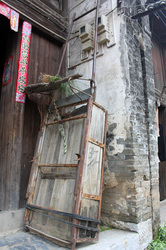
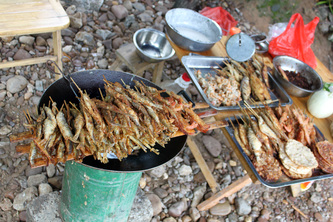
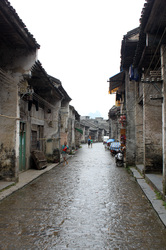
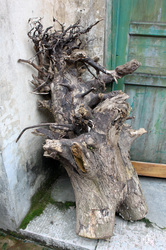
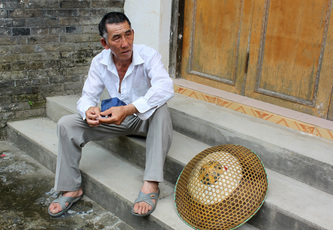
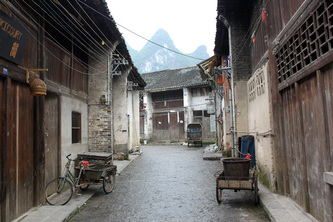
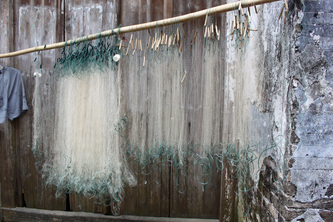
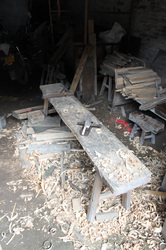
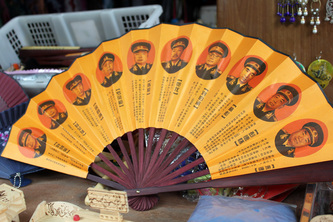
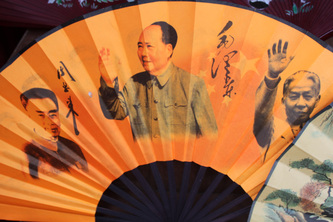
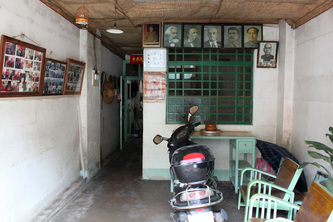
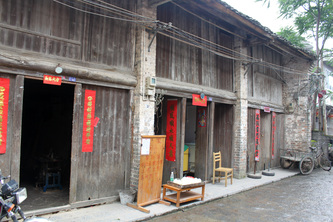
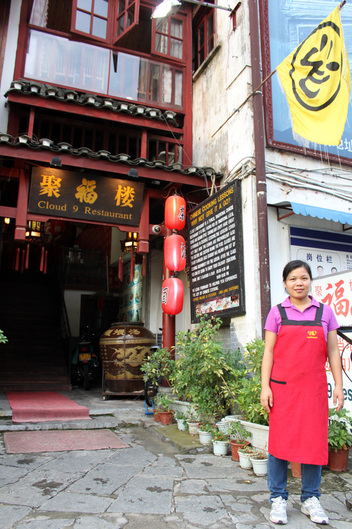
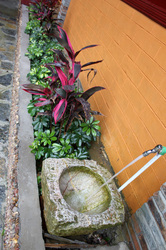
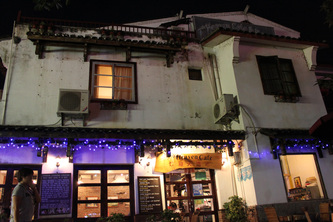
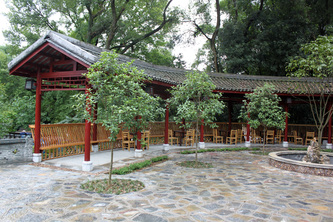
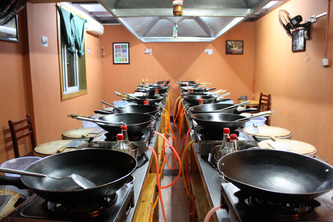
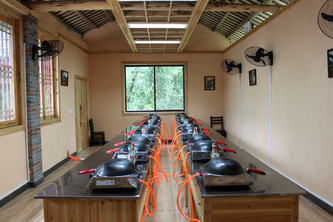
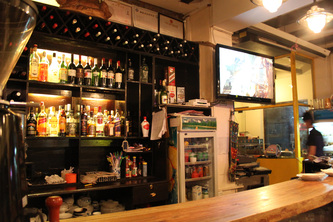
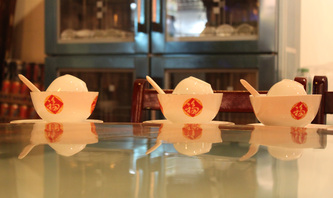
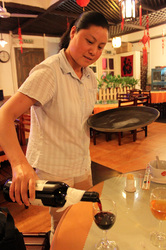

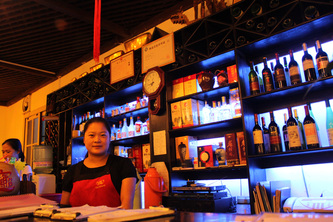
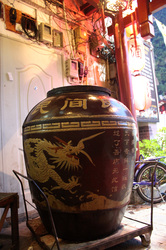
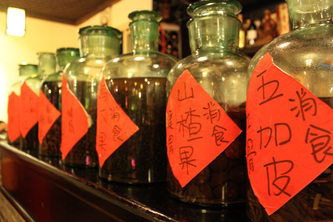
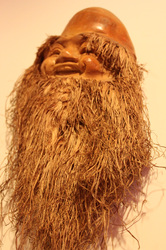
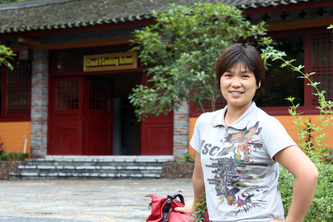
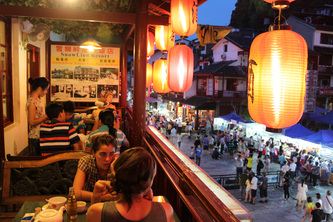
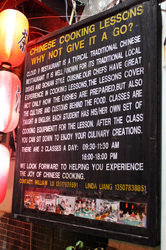
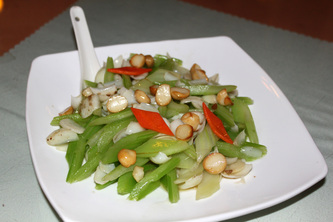
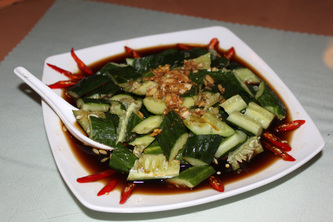
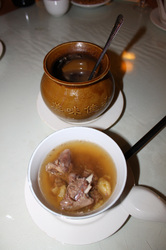
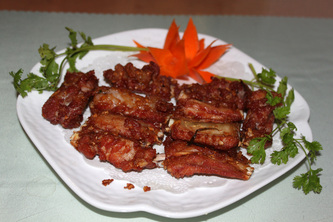
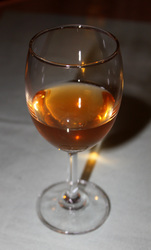
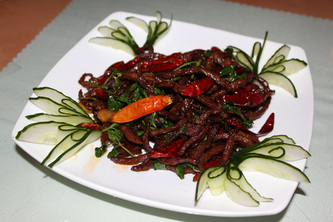
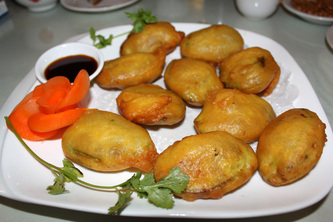
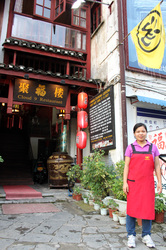
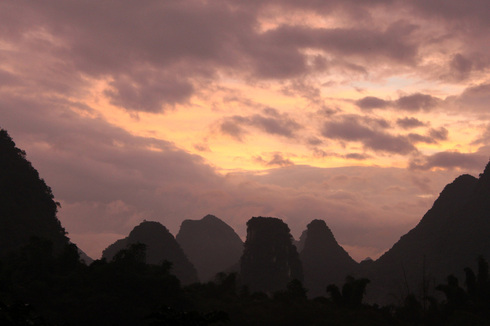
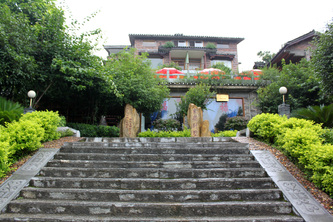
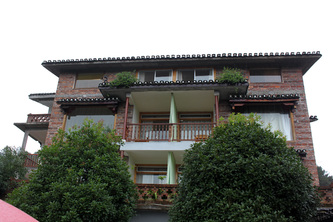
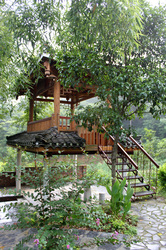
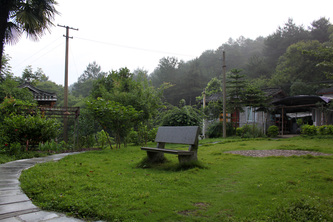
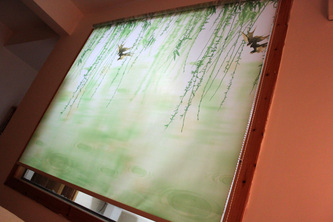
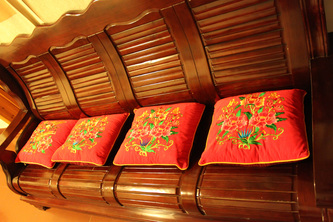
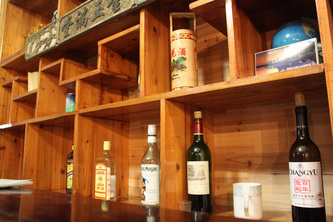
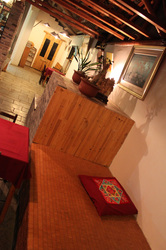
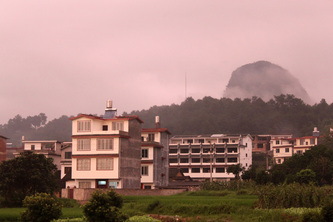
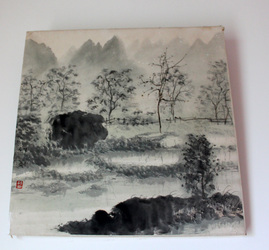

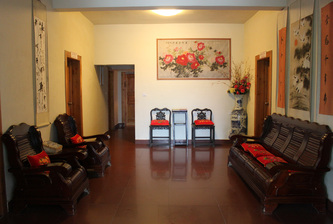
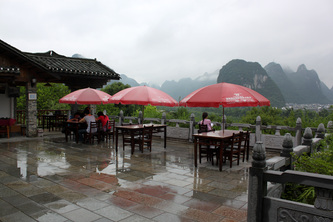
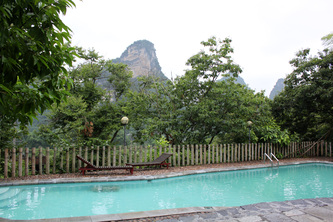
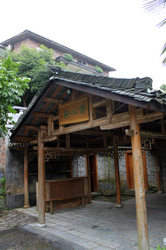
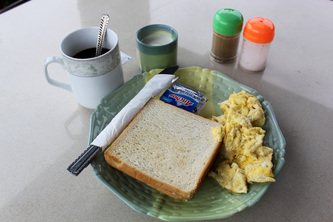
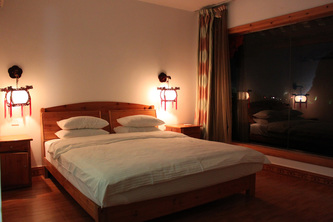
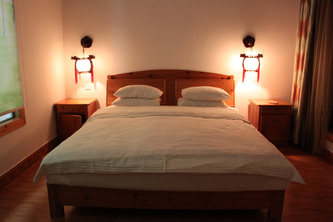
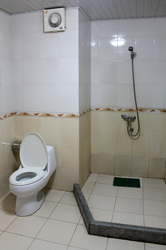
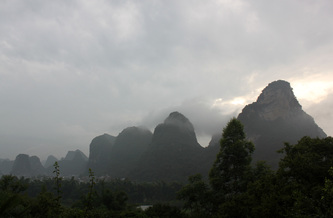
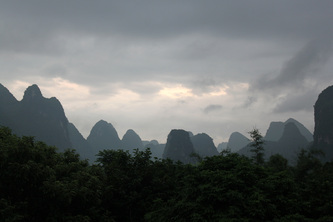
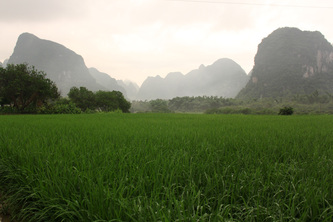
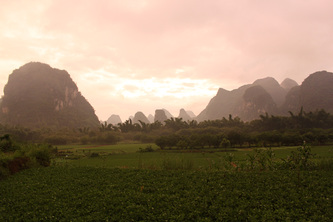
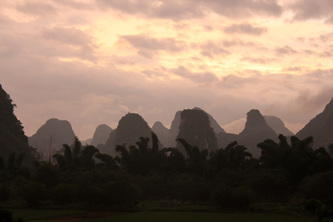
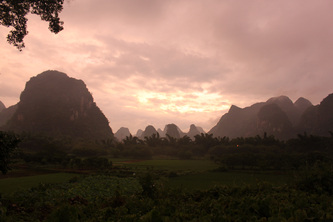
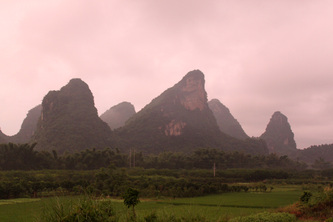
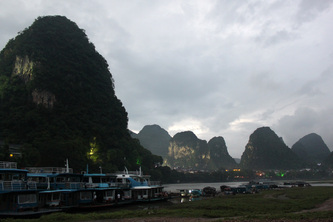
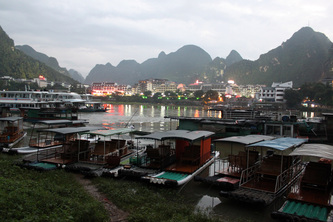
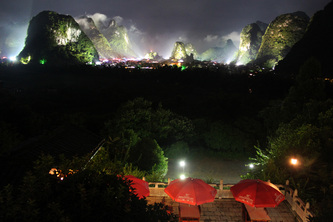
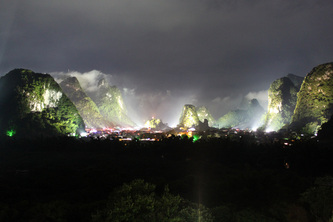
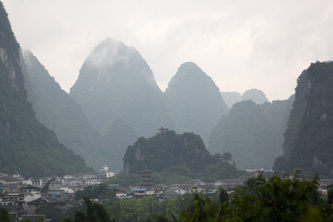
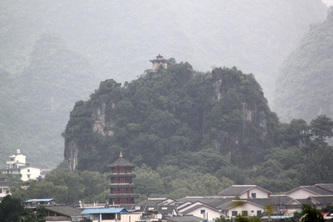
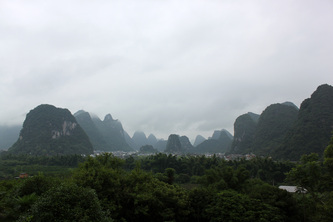
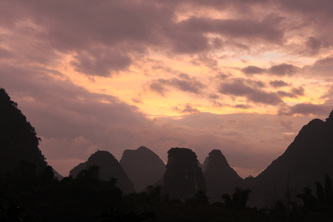
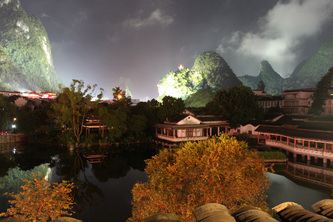
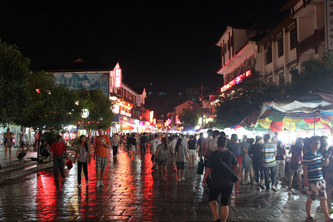
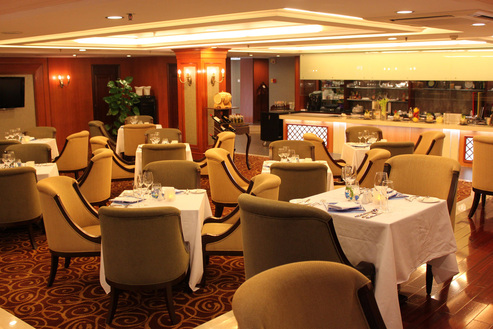
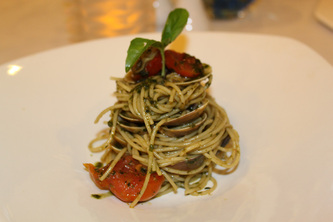
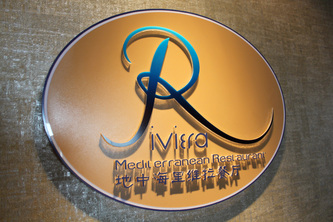
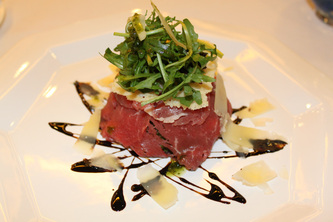
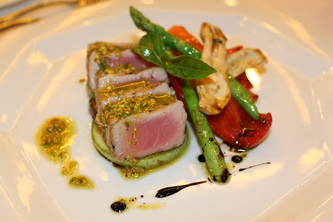
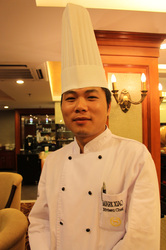
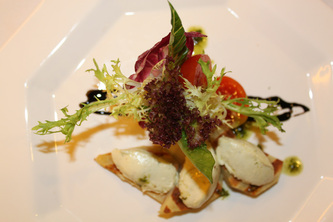
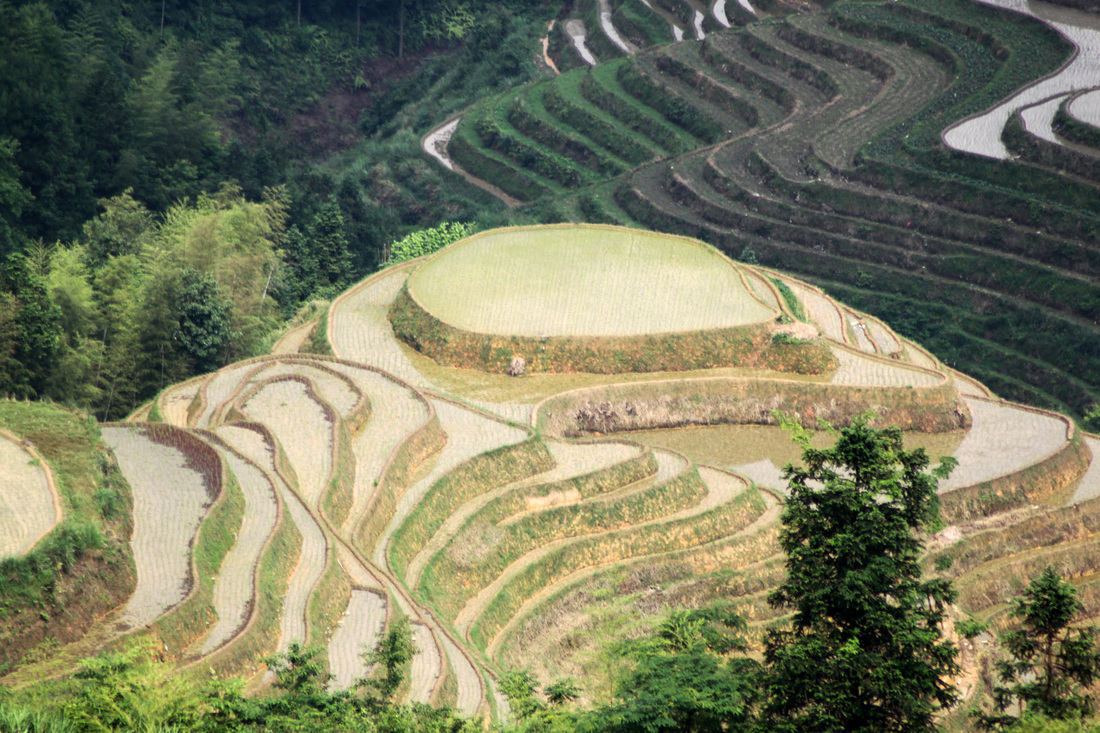
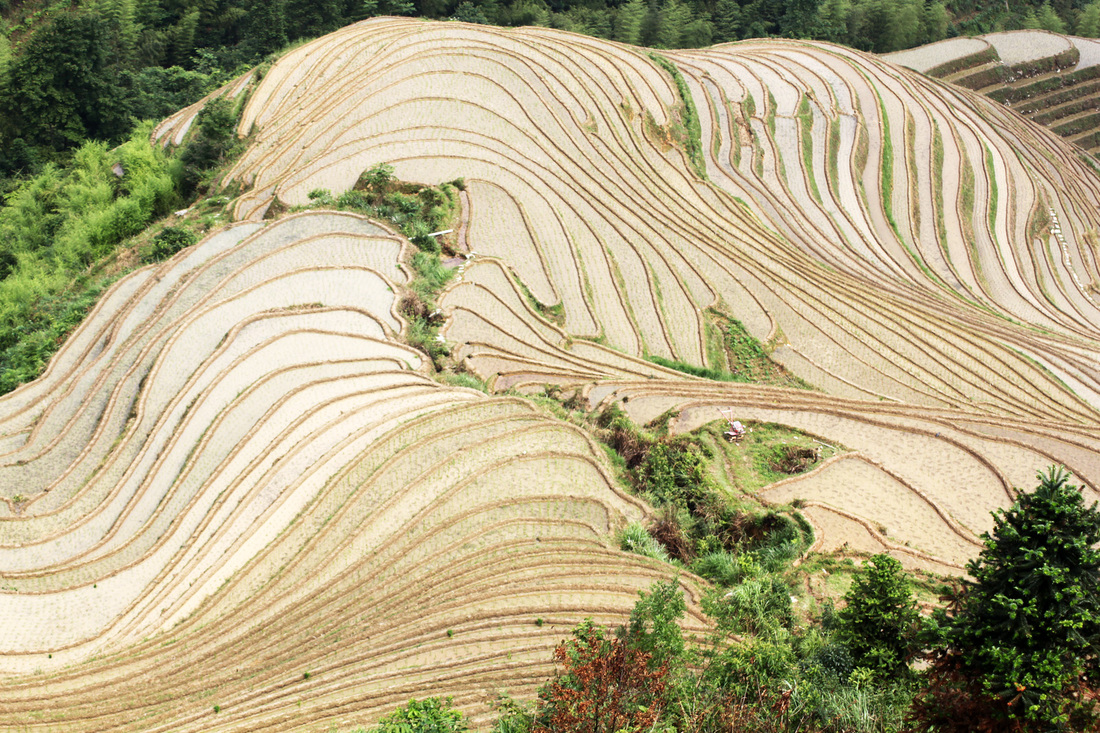
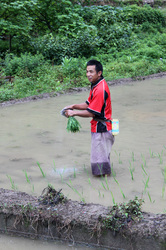
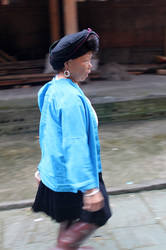
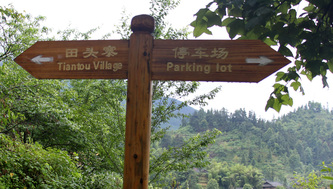
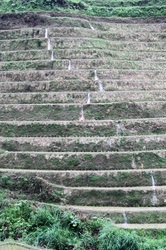
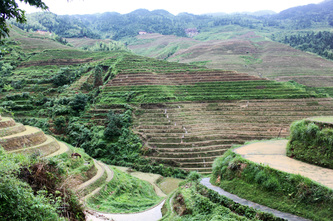
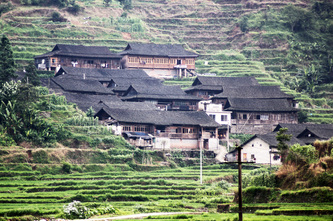
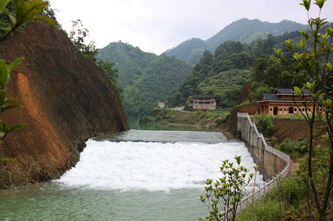
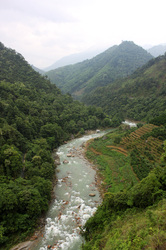
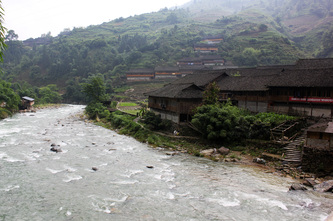
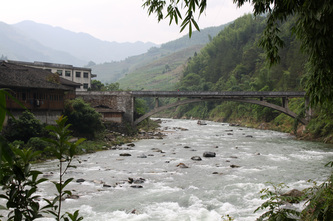
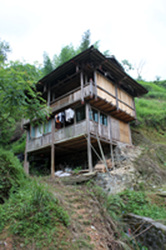
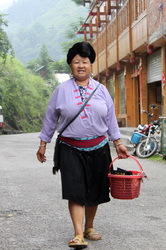
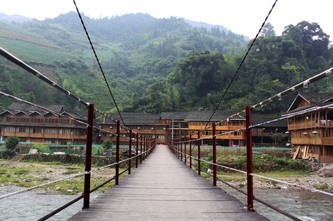
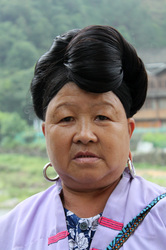
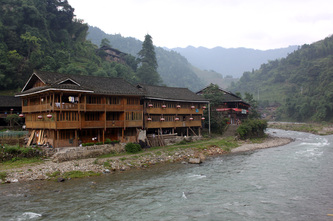
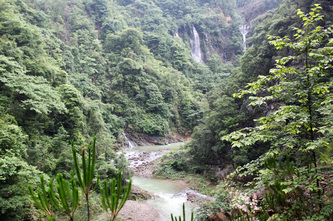
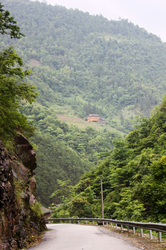
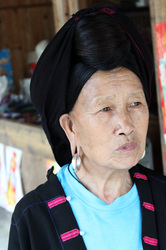
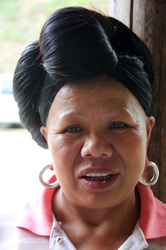
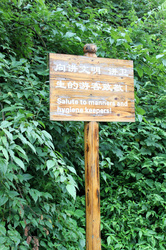
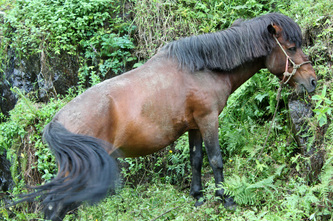
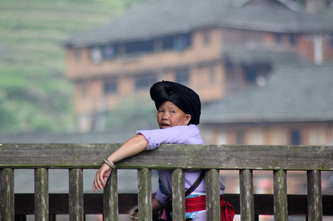
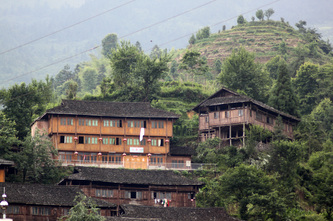
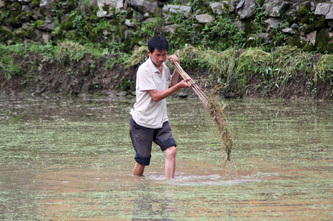
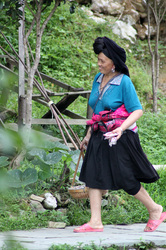
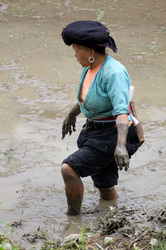
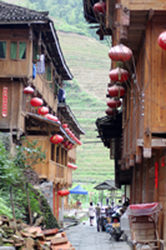
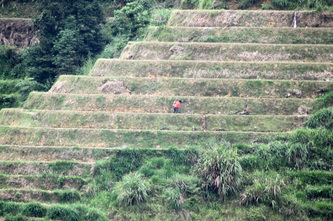
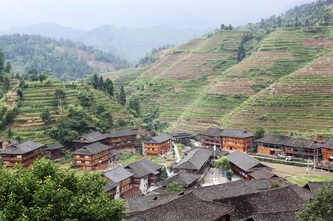
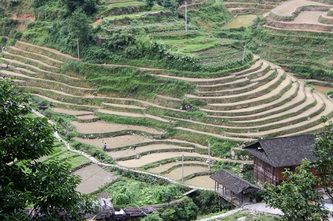
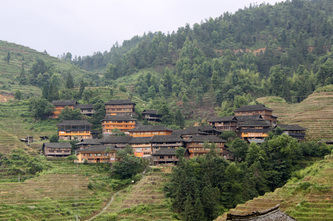
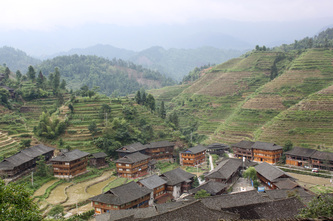
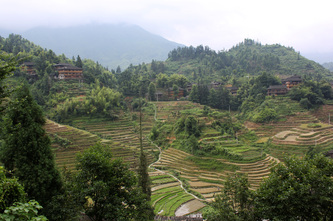
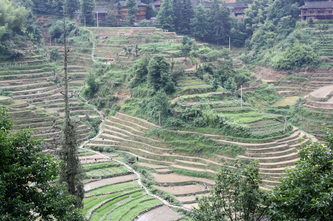
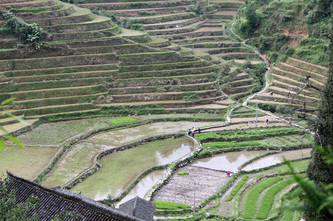
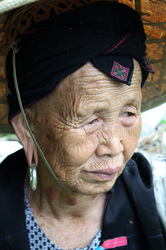
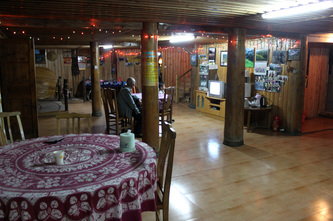
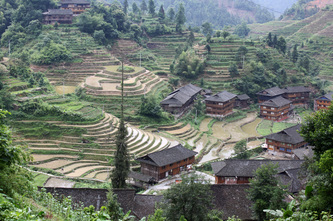
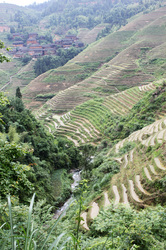
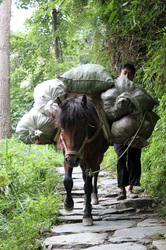
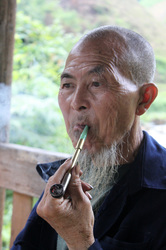
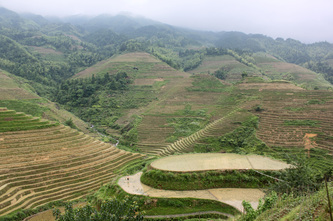
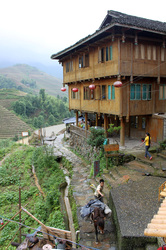
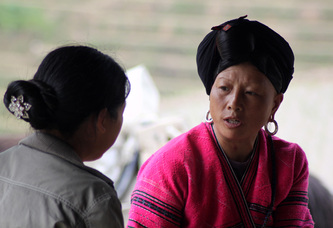
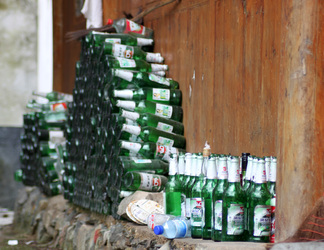
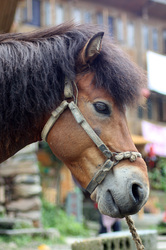
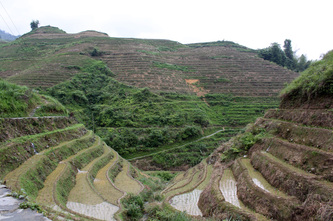
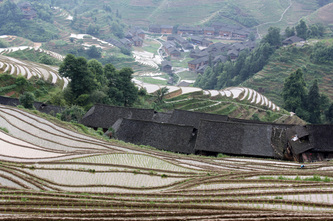
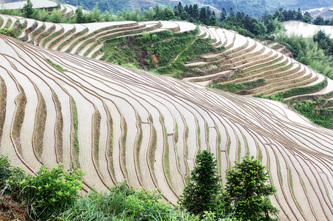
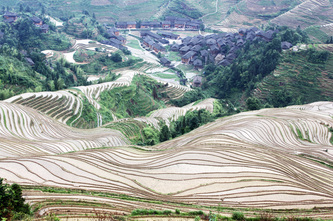
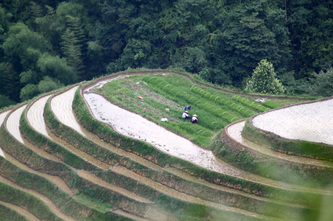
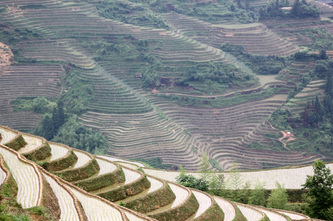
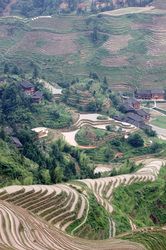
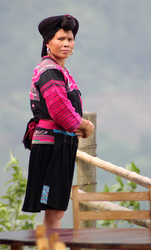
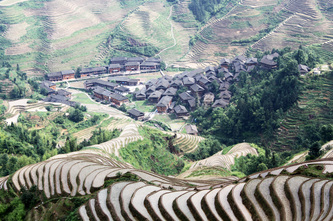
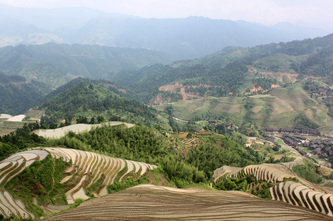
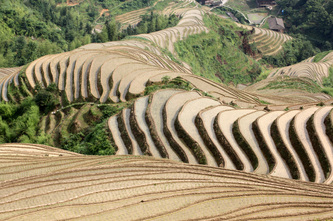
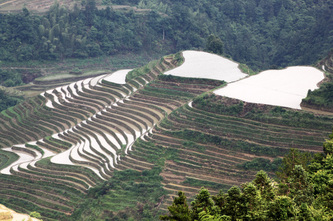
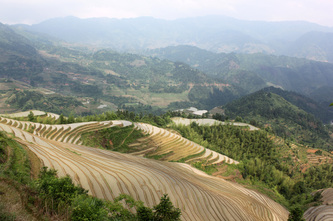
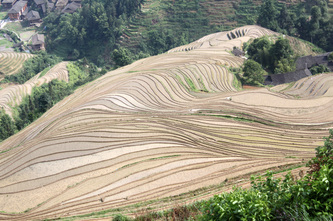
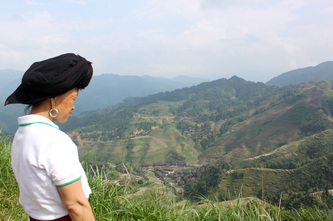
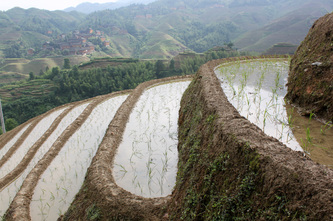
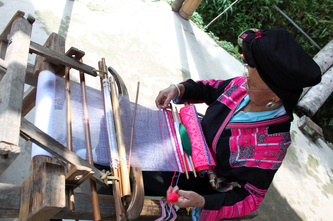
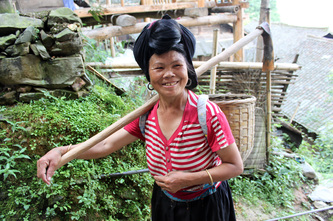
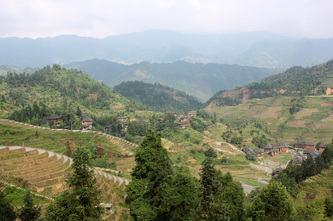
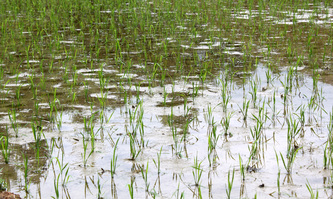
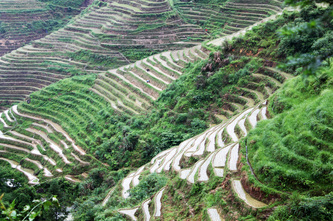
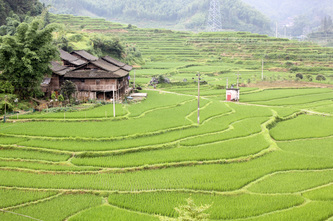
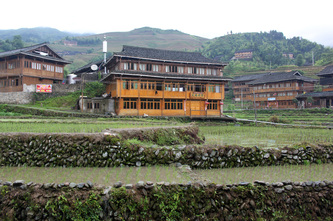
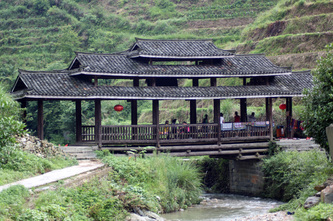
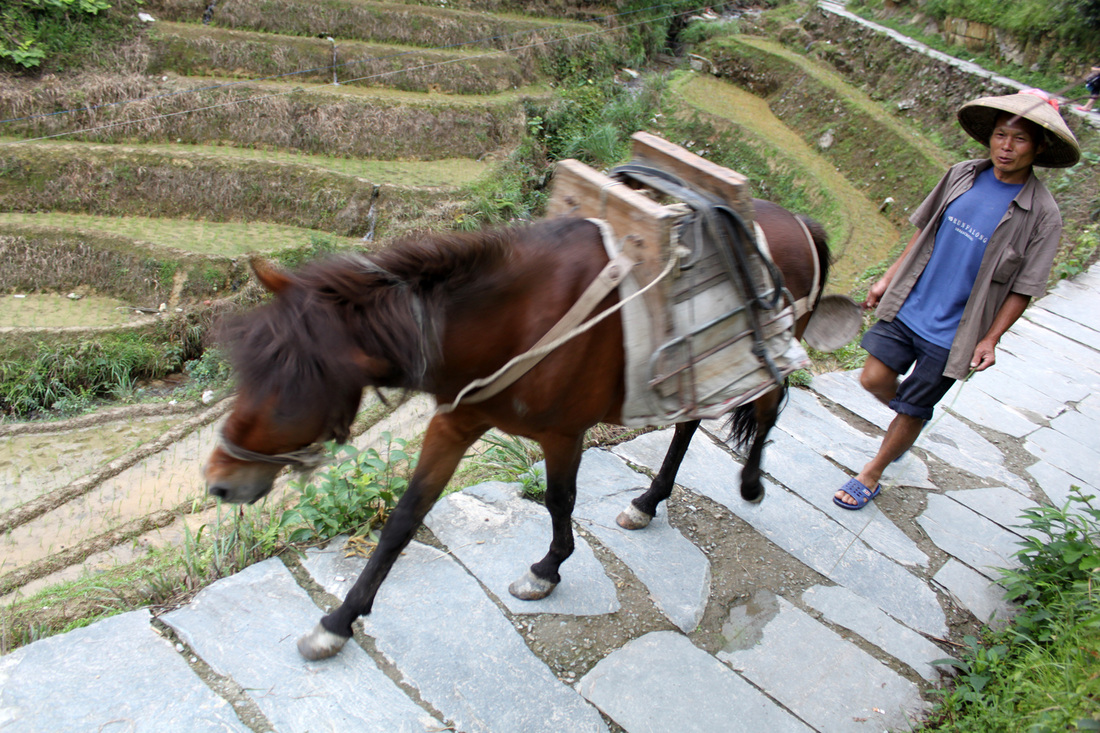
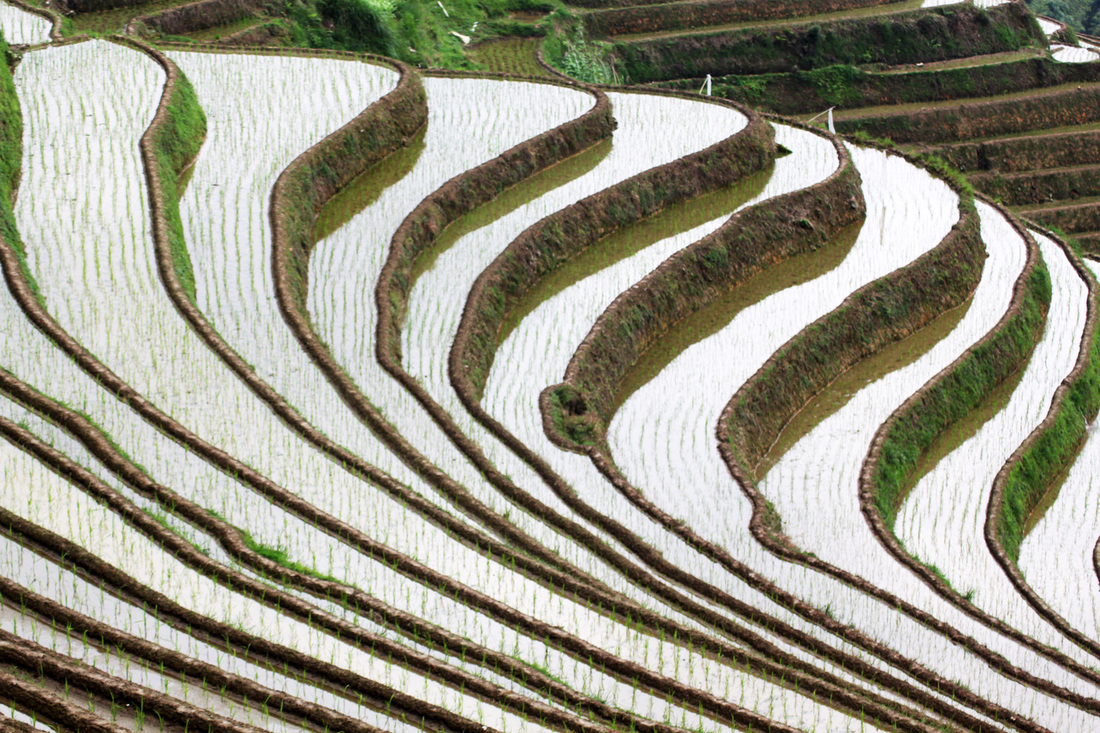
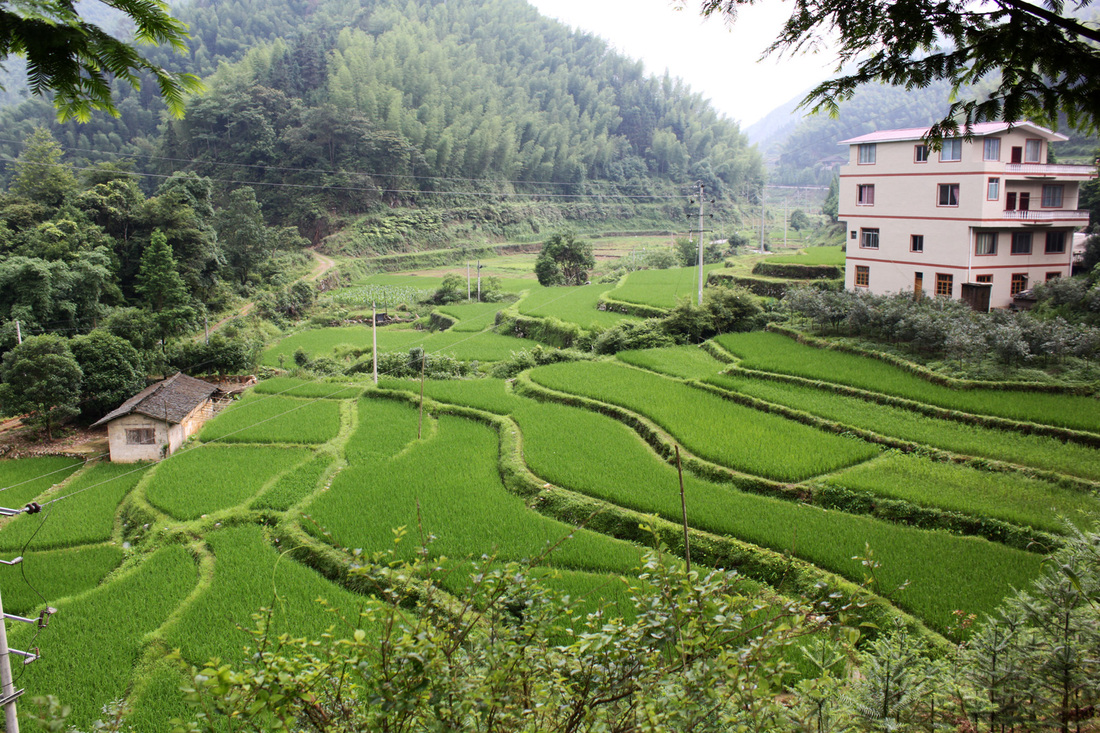
 RSS Feed
RSS Feed




